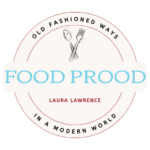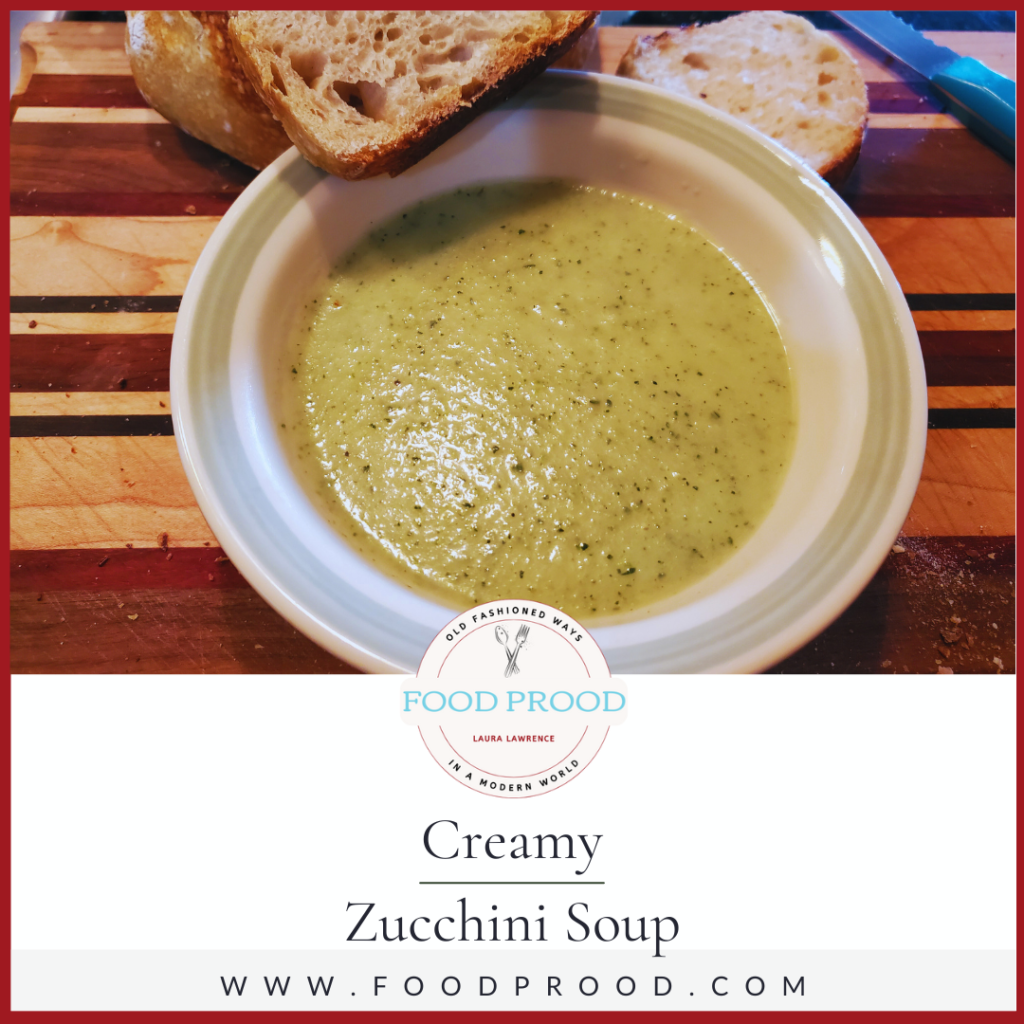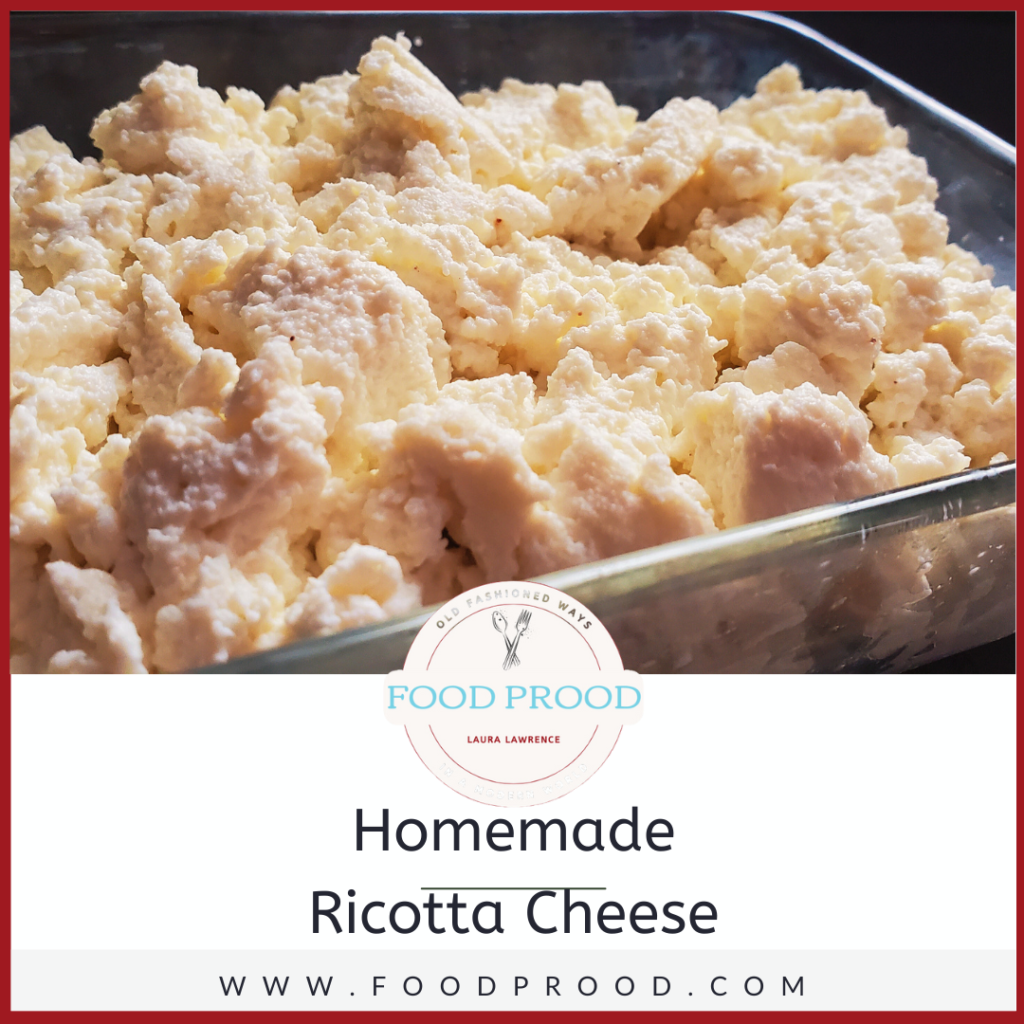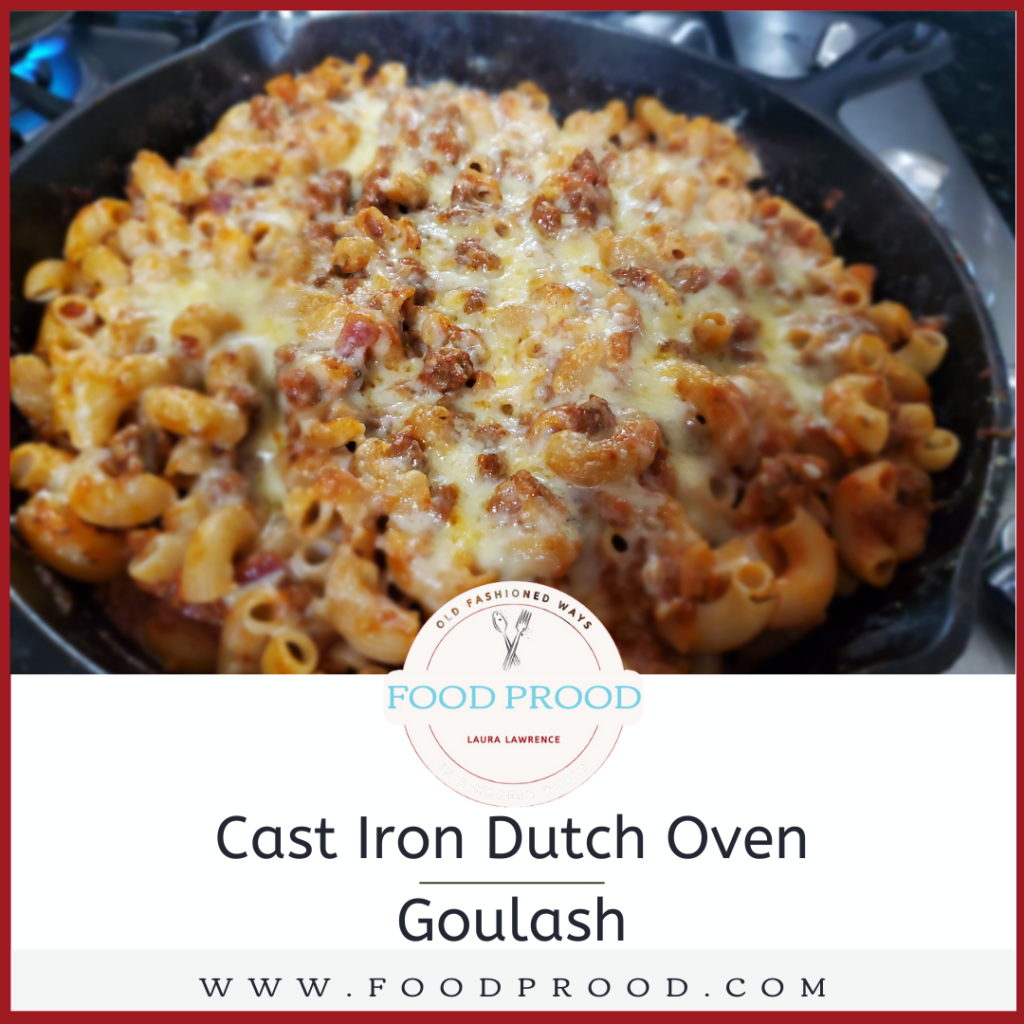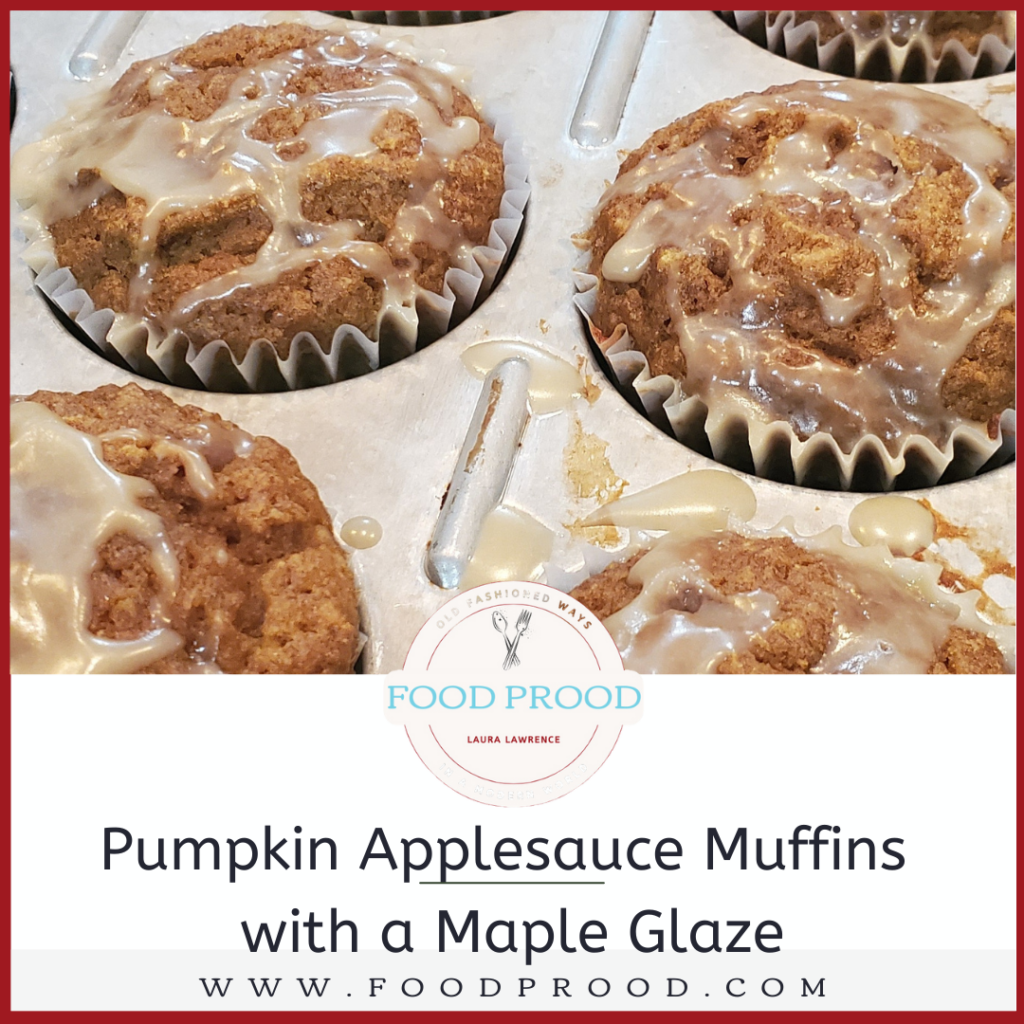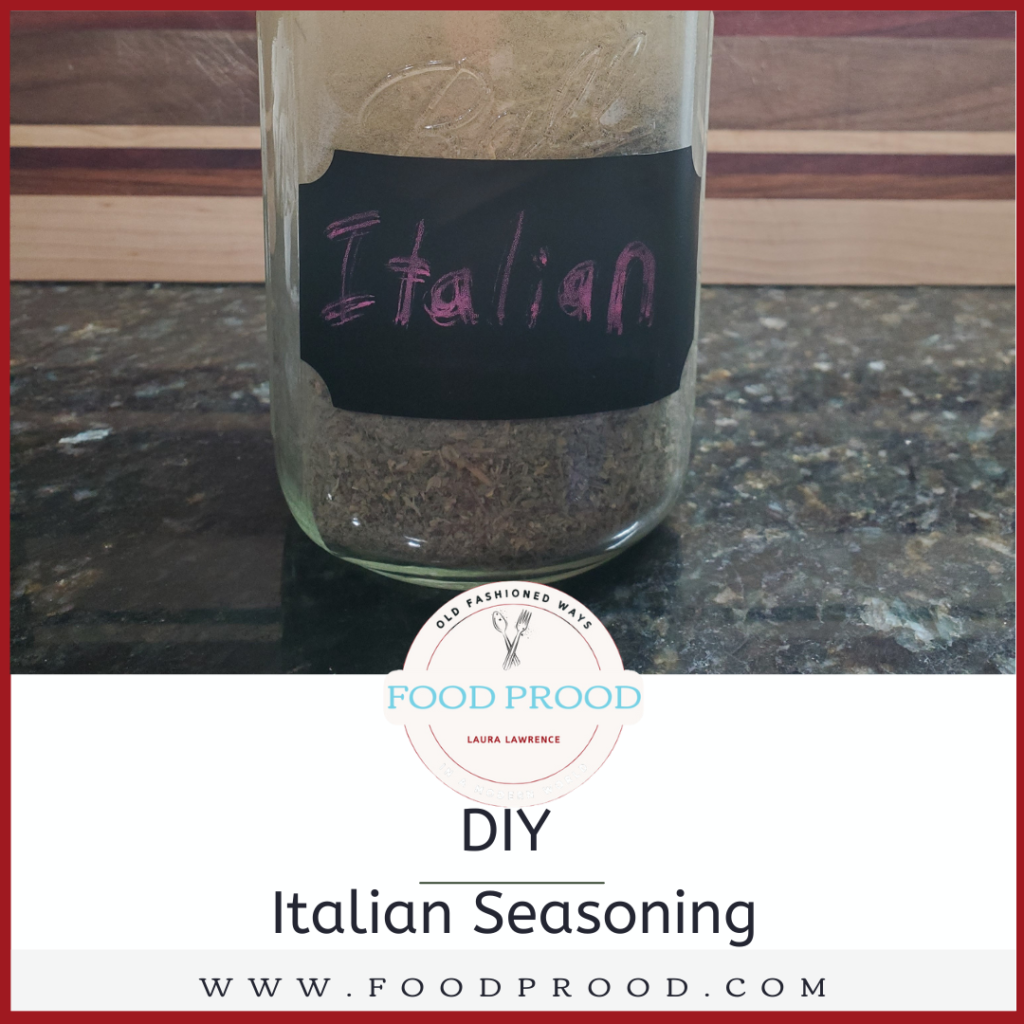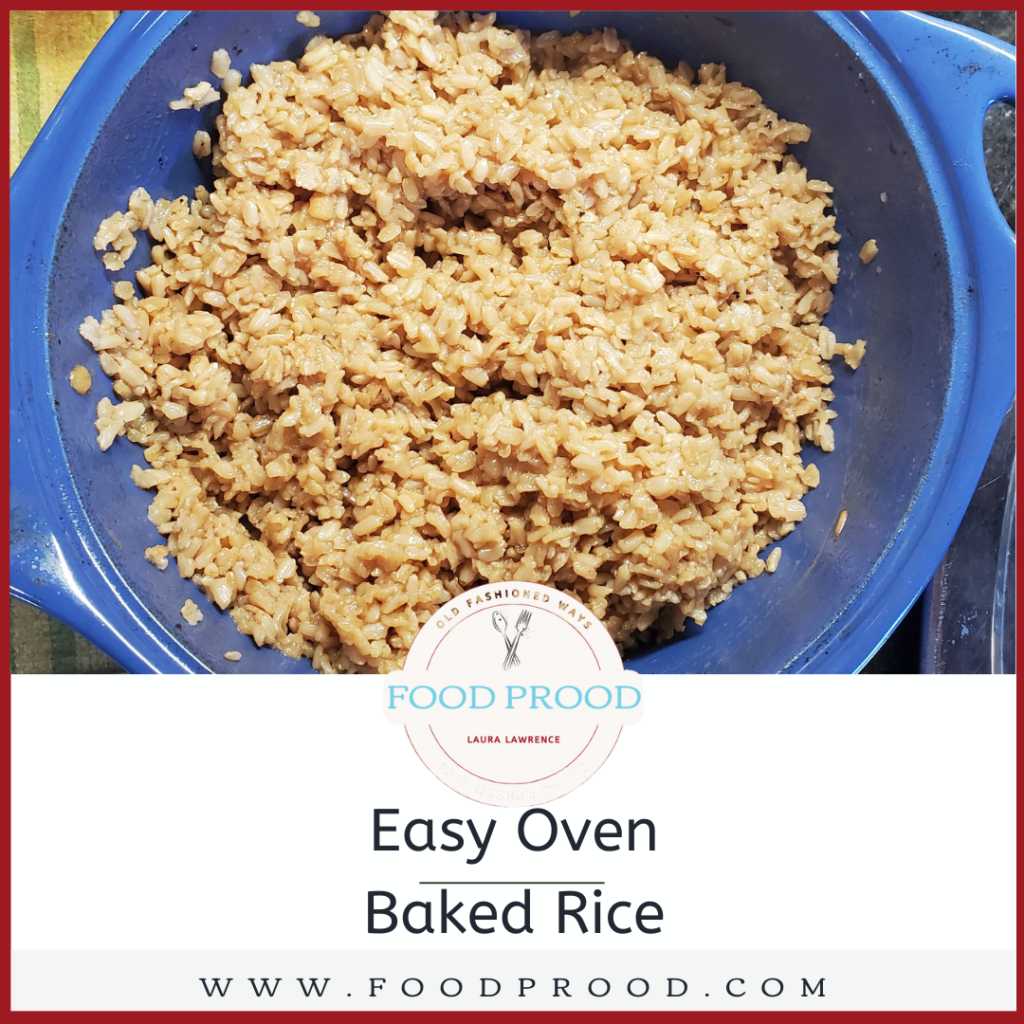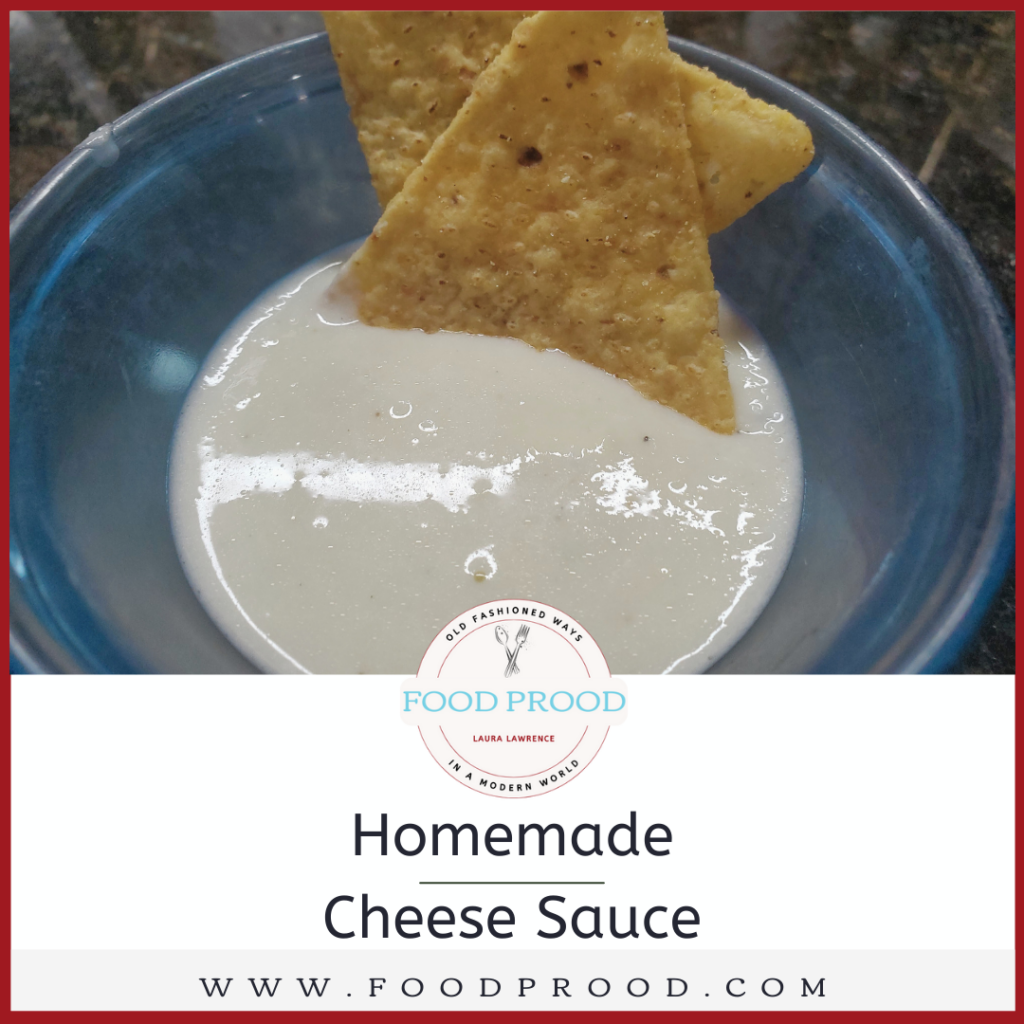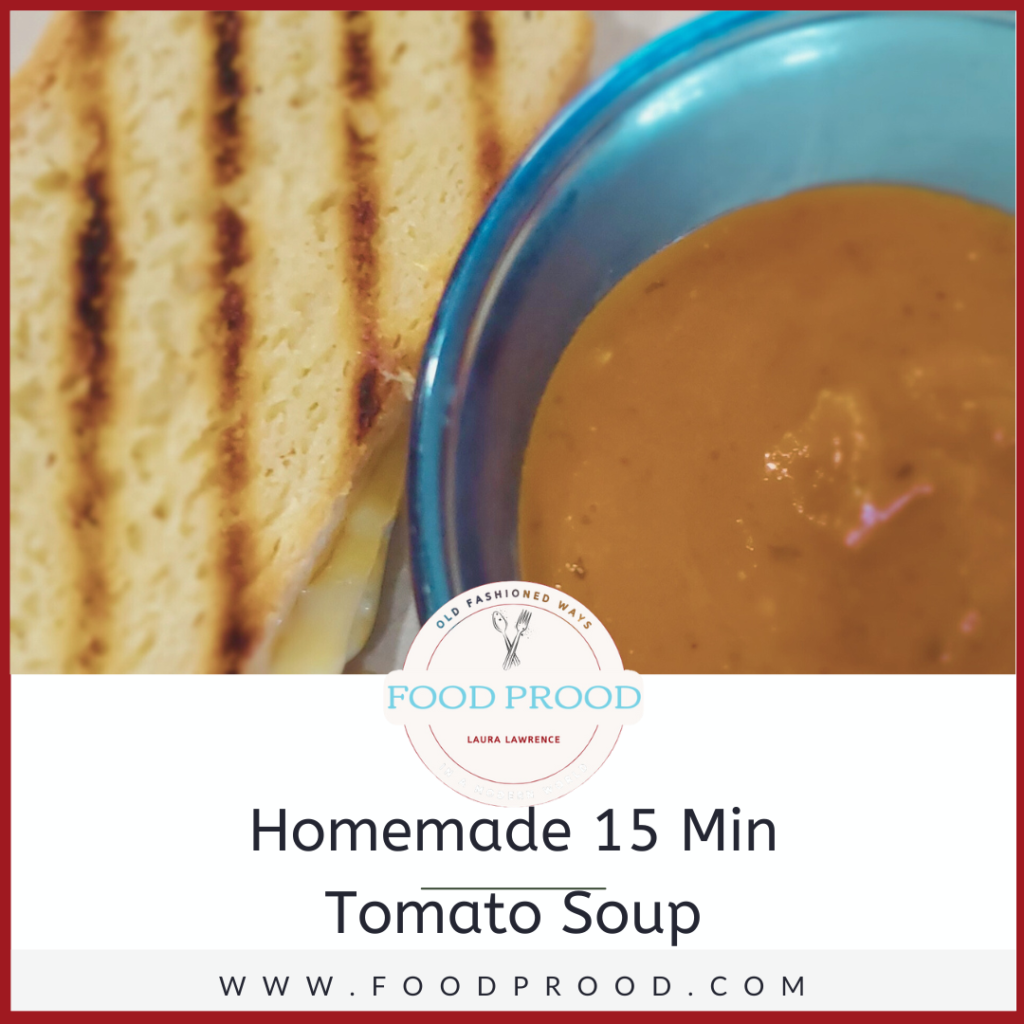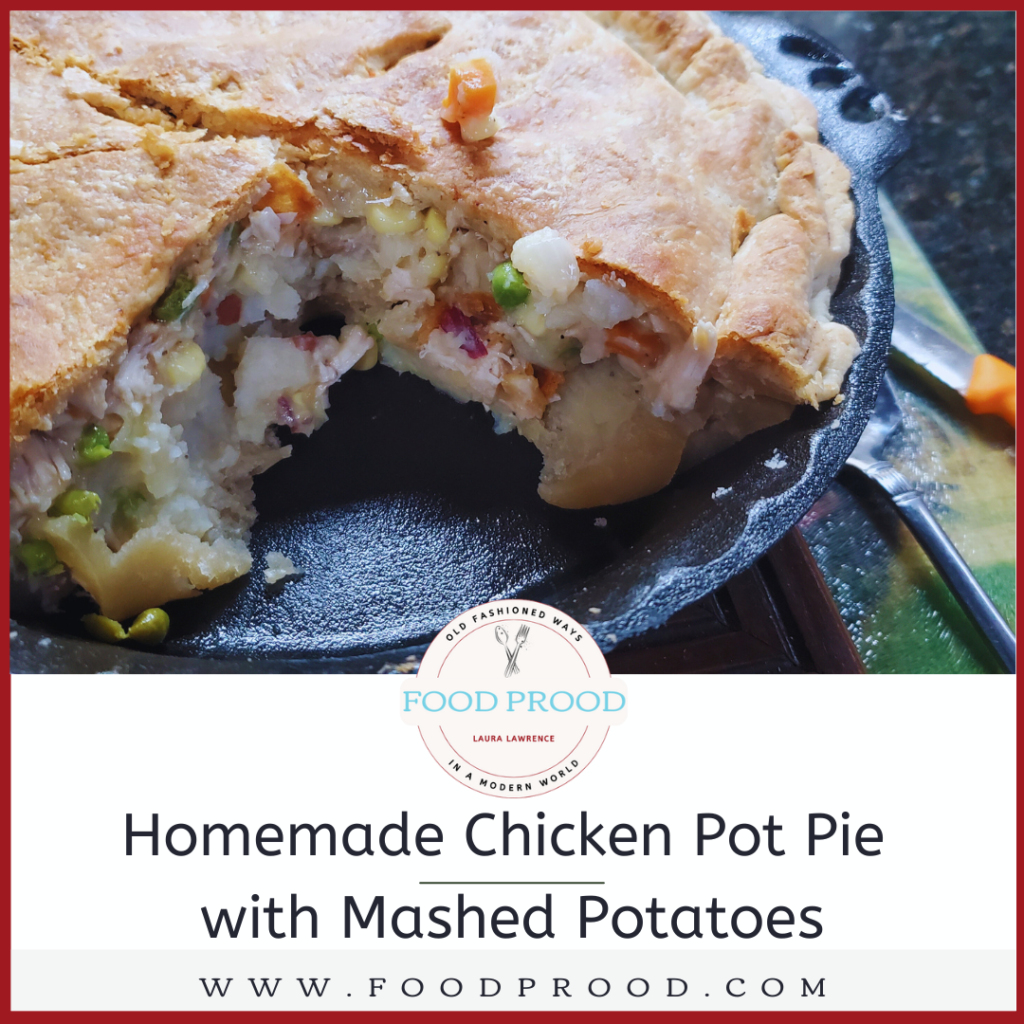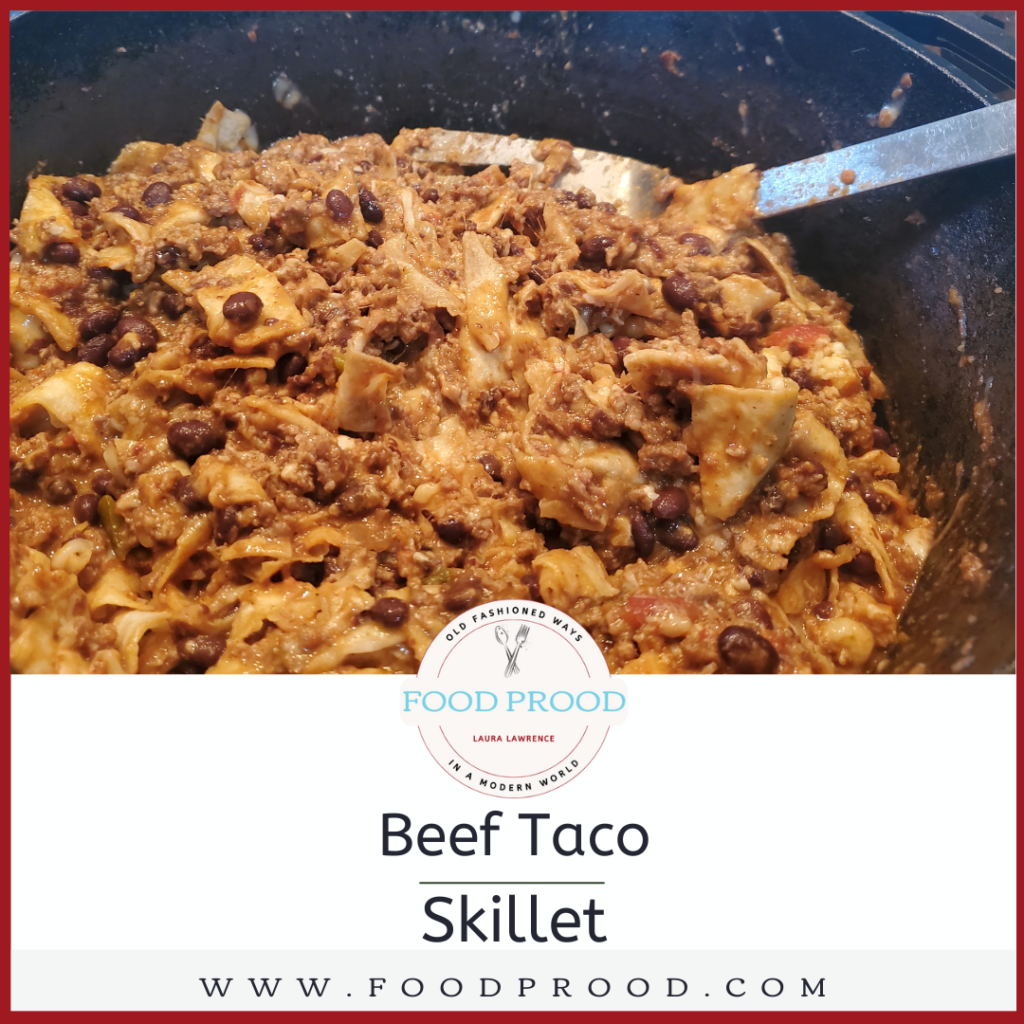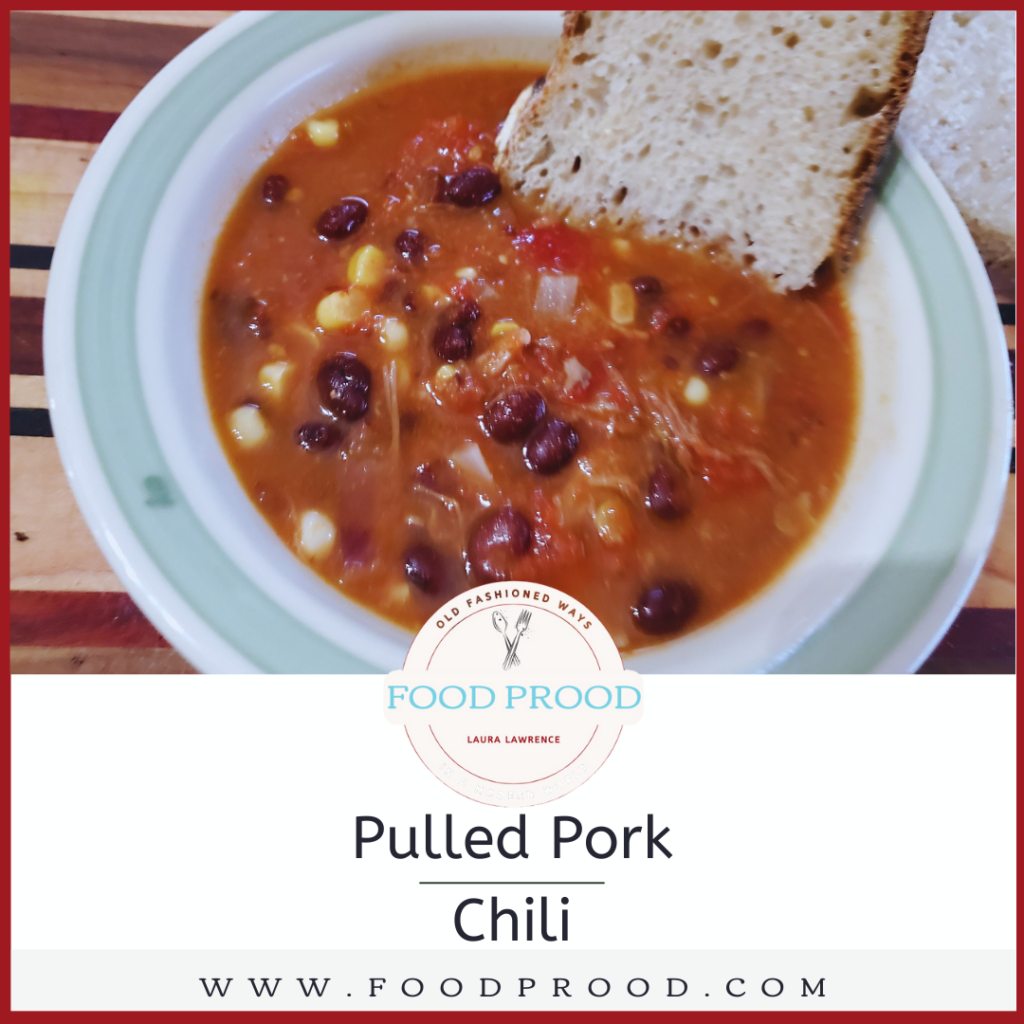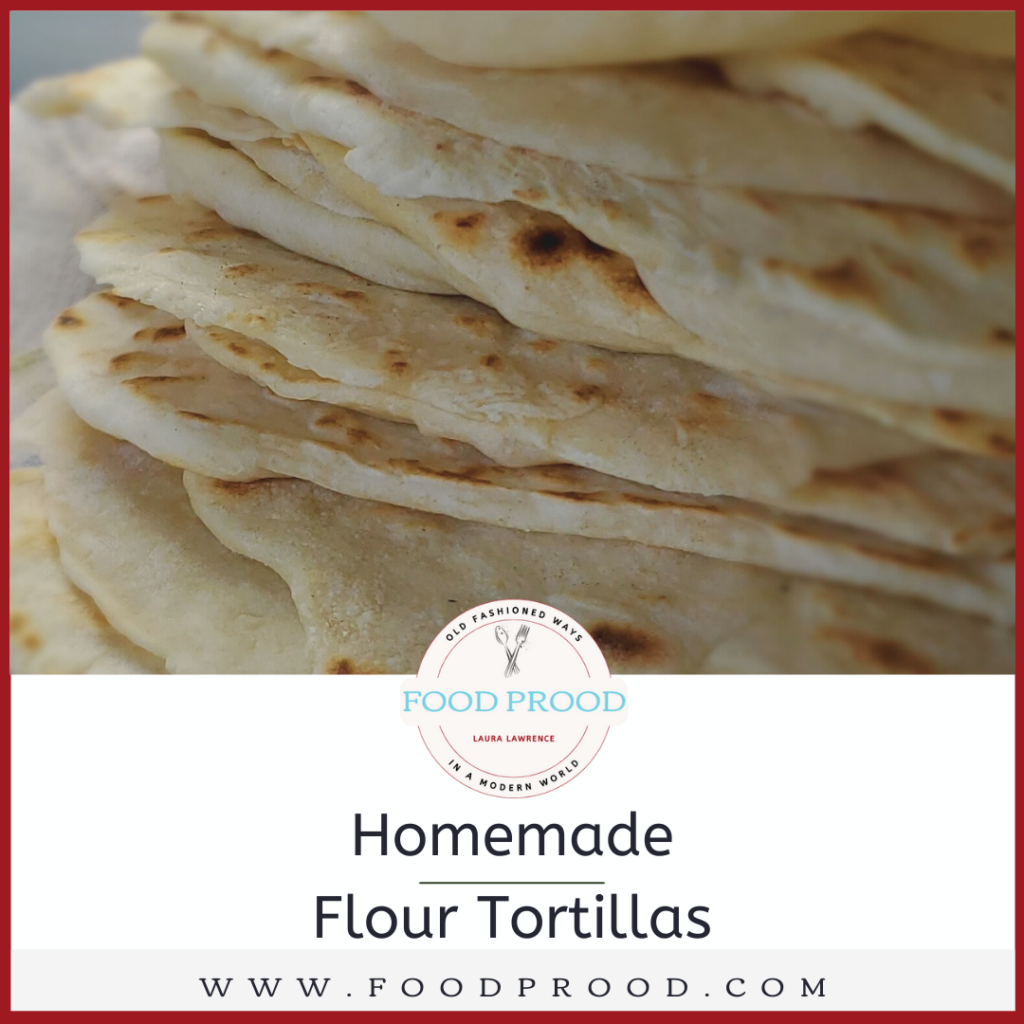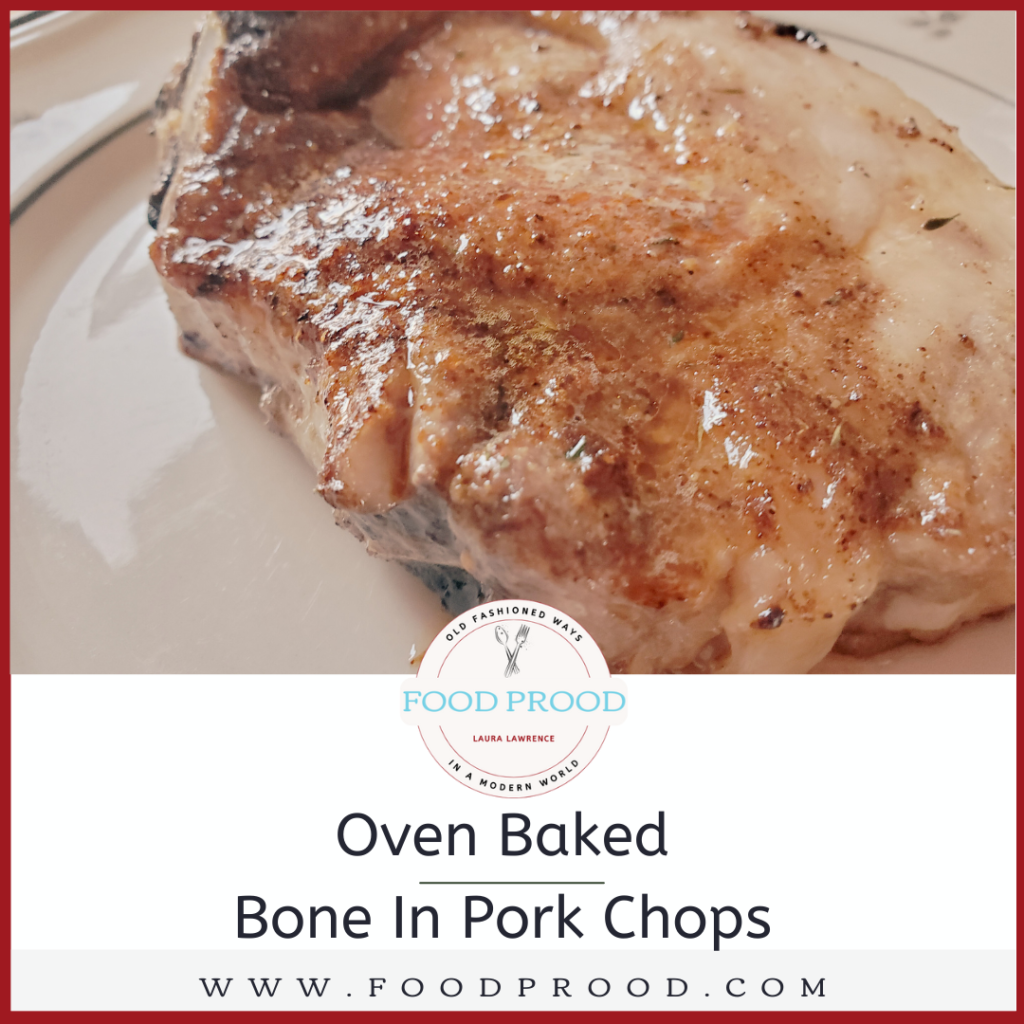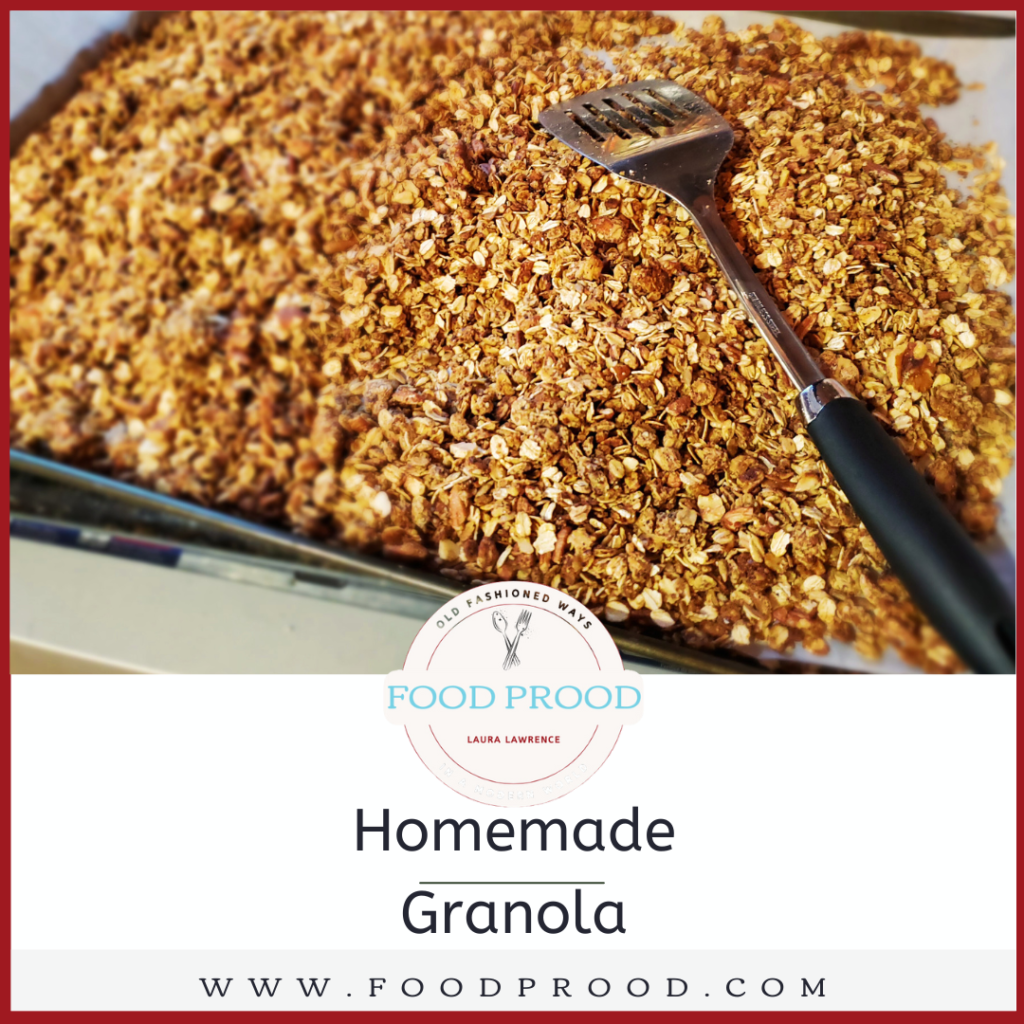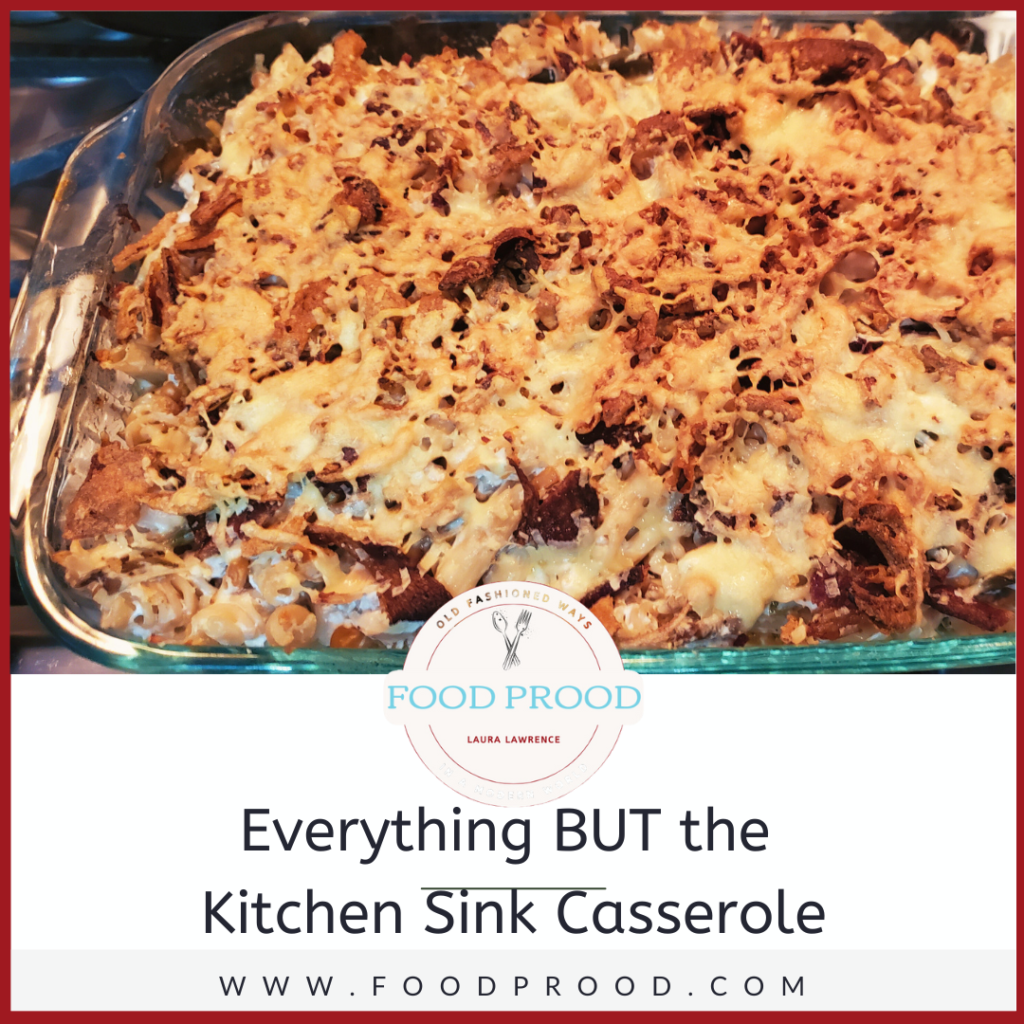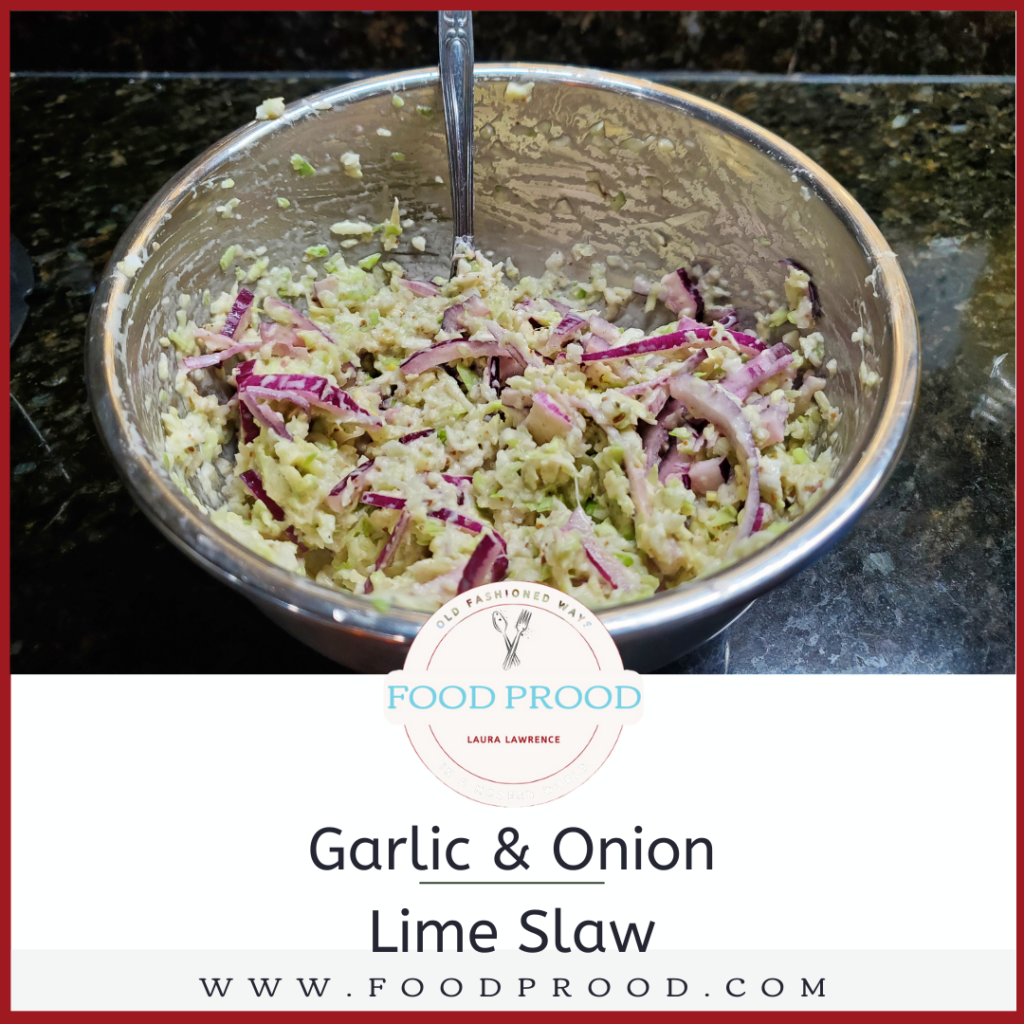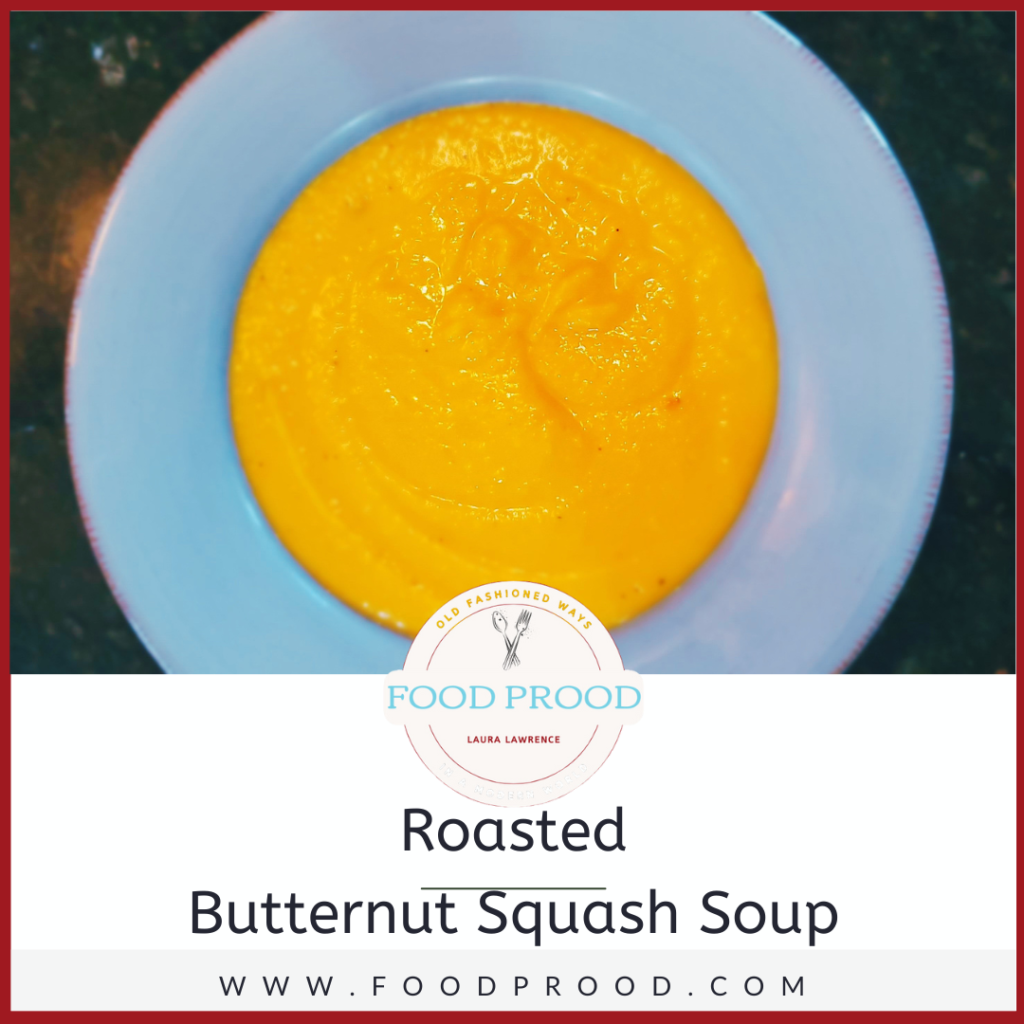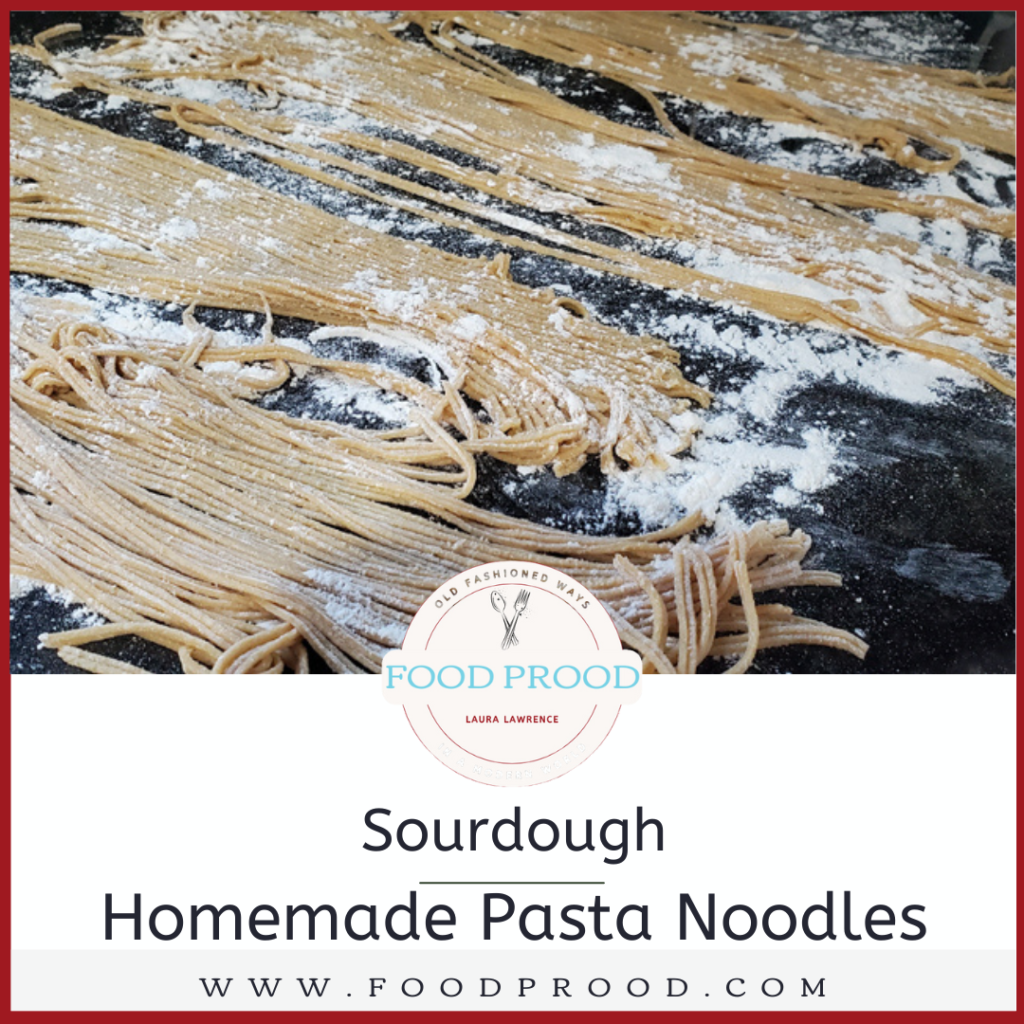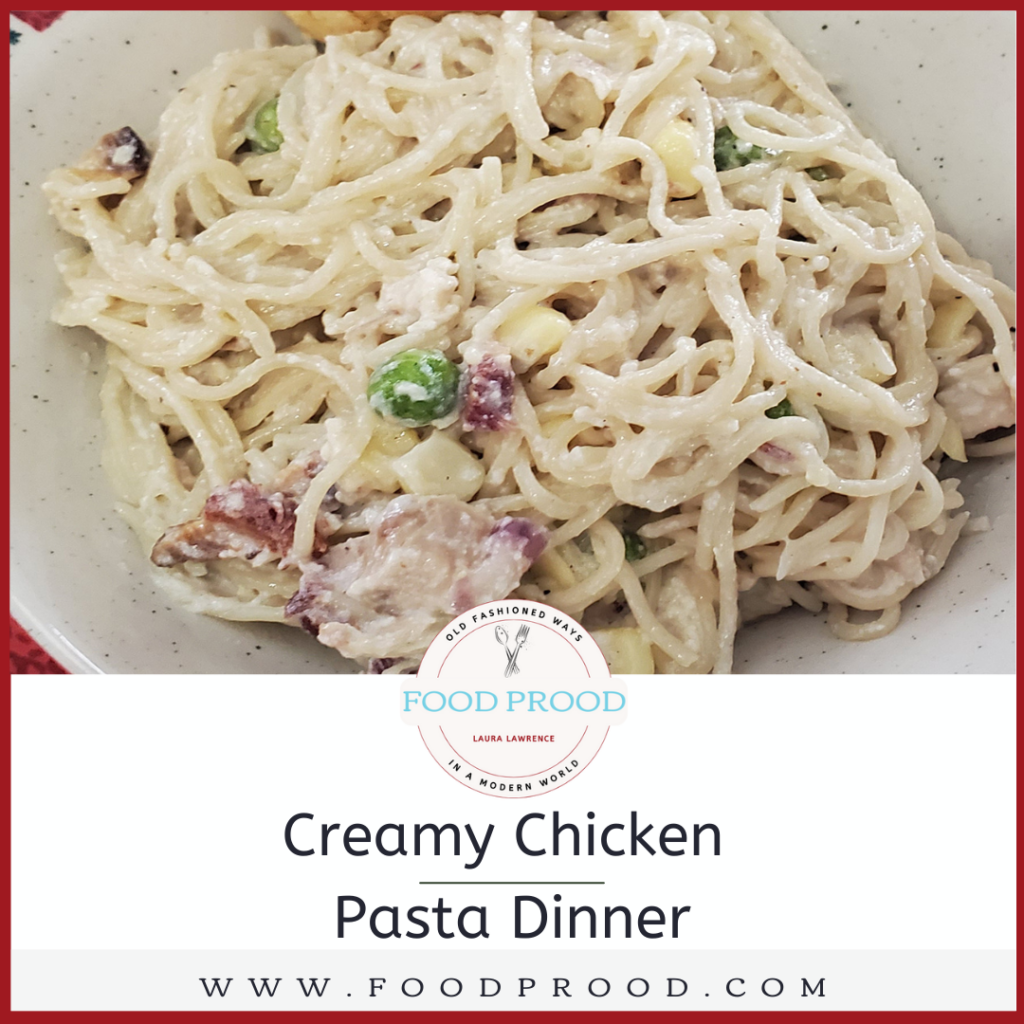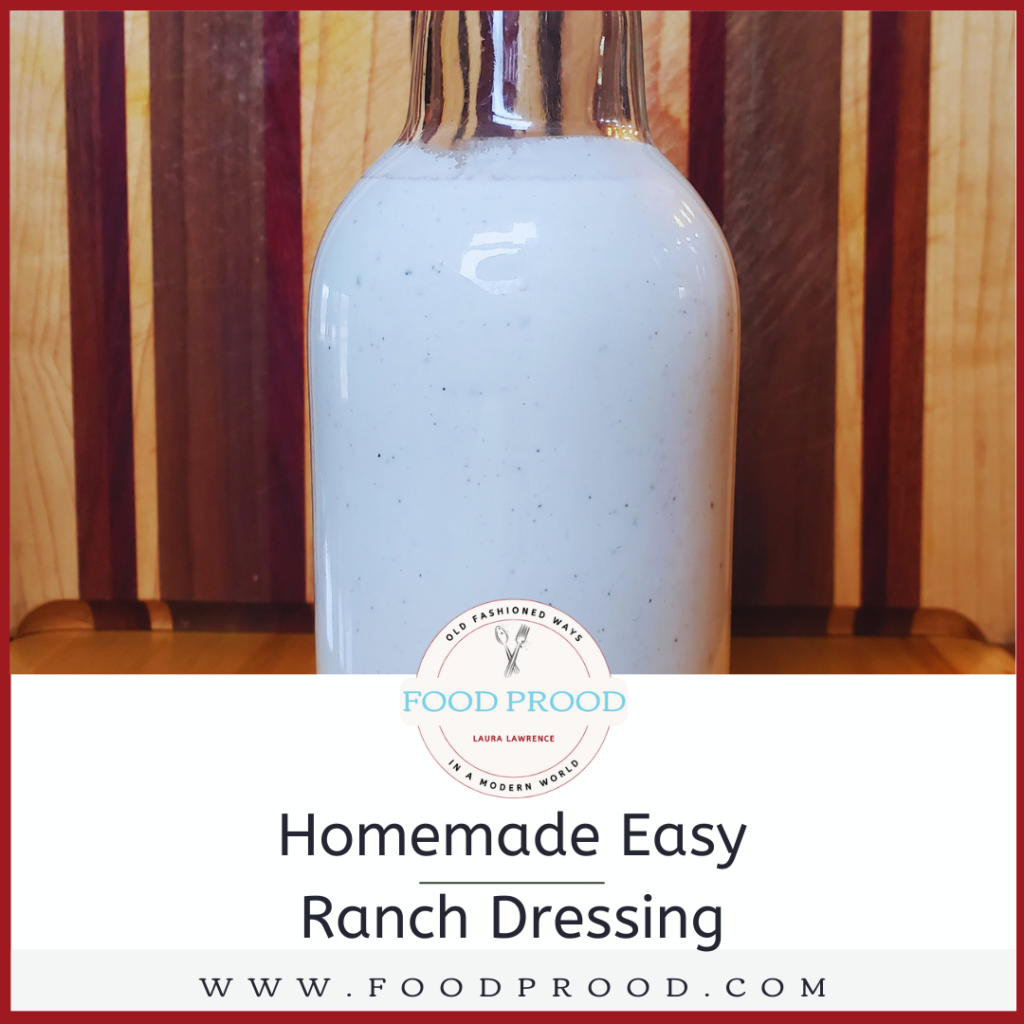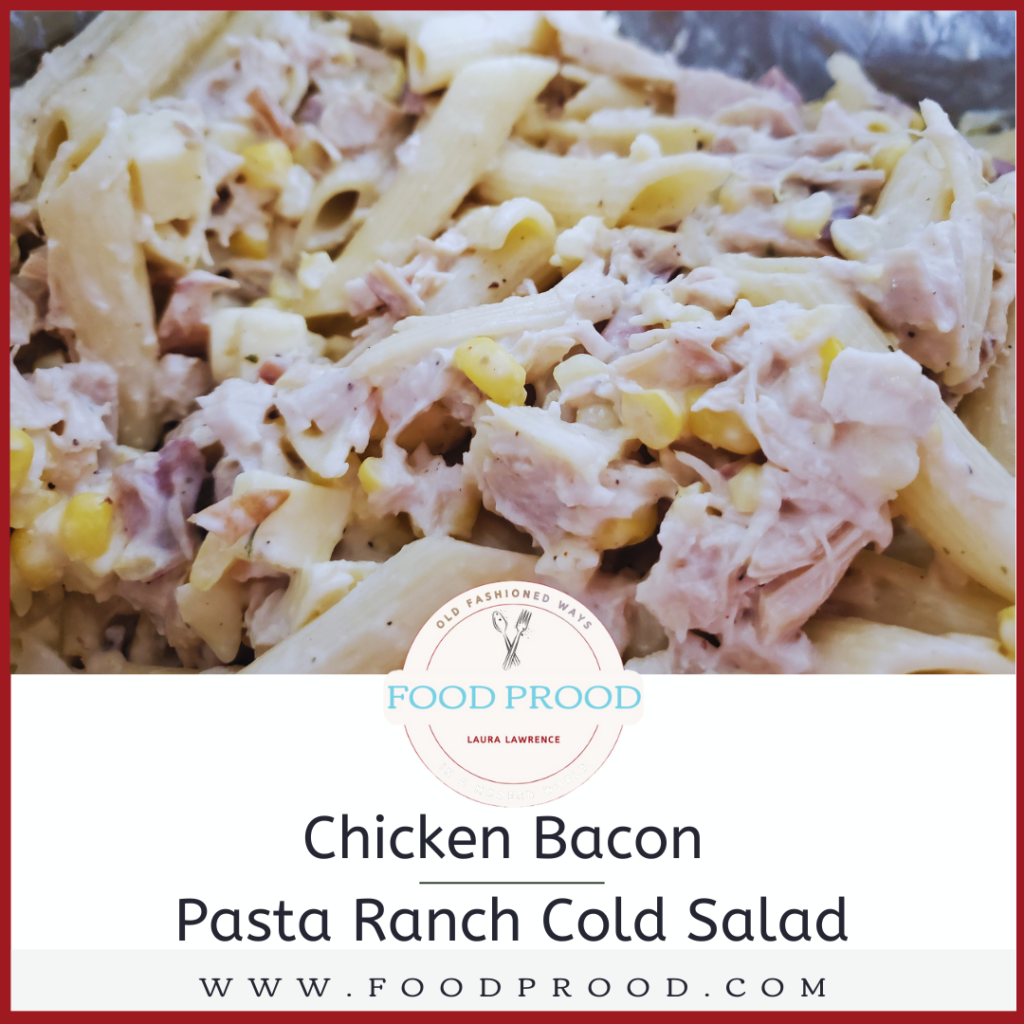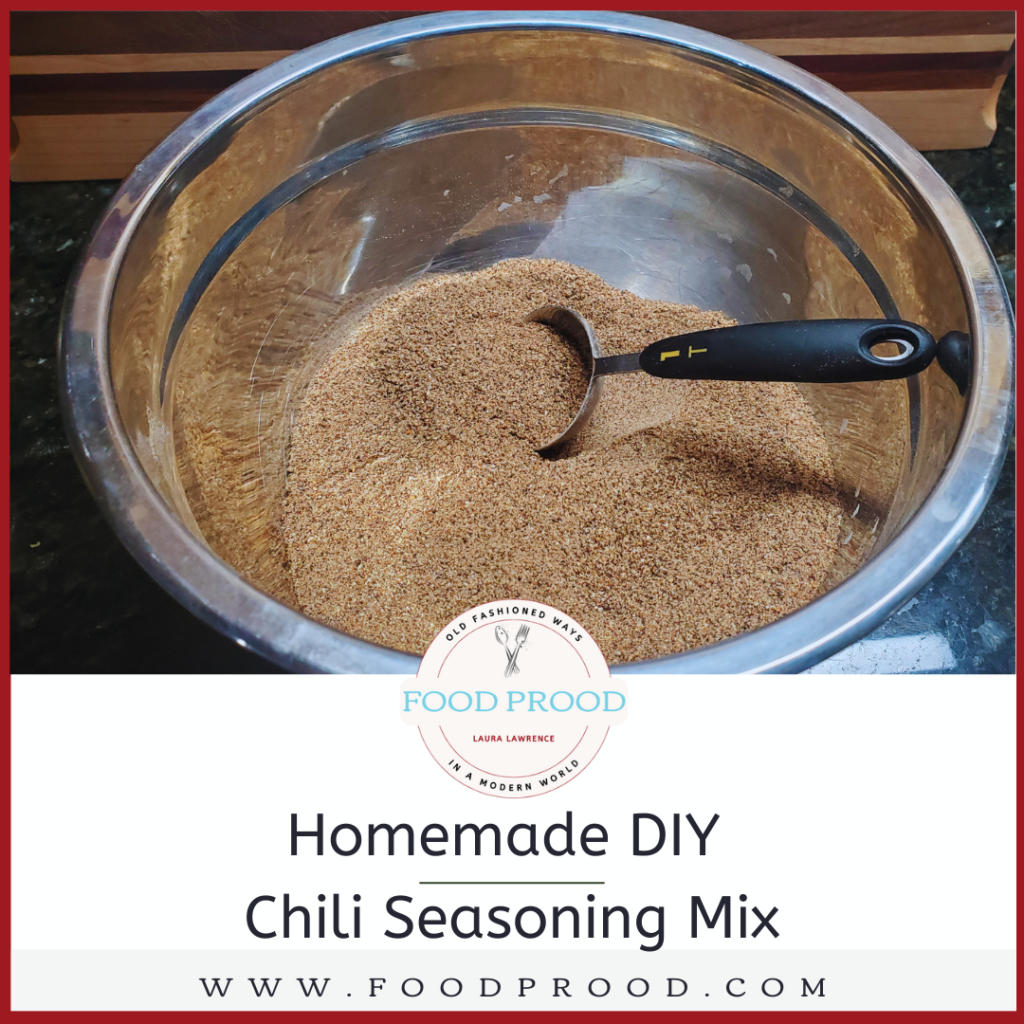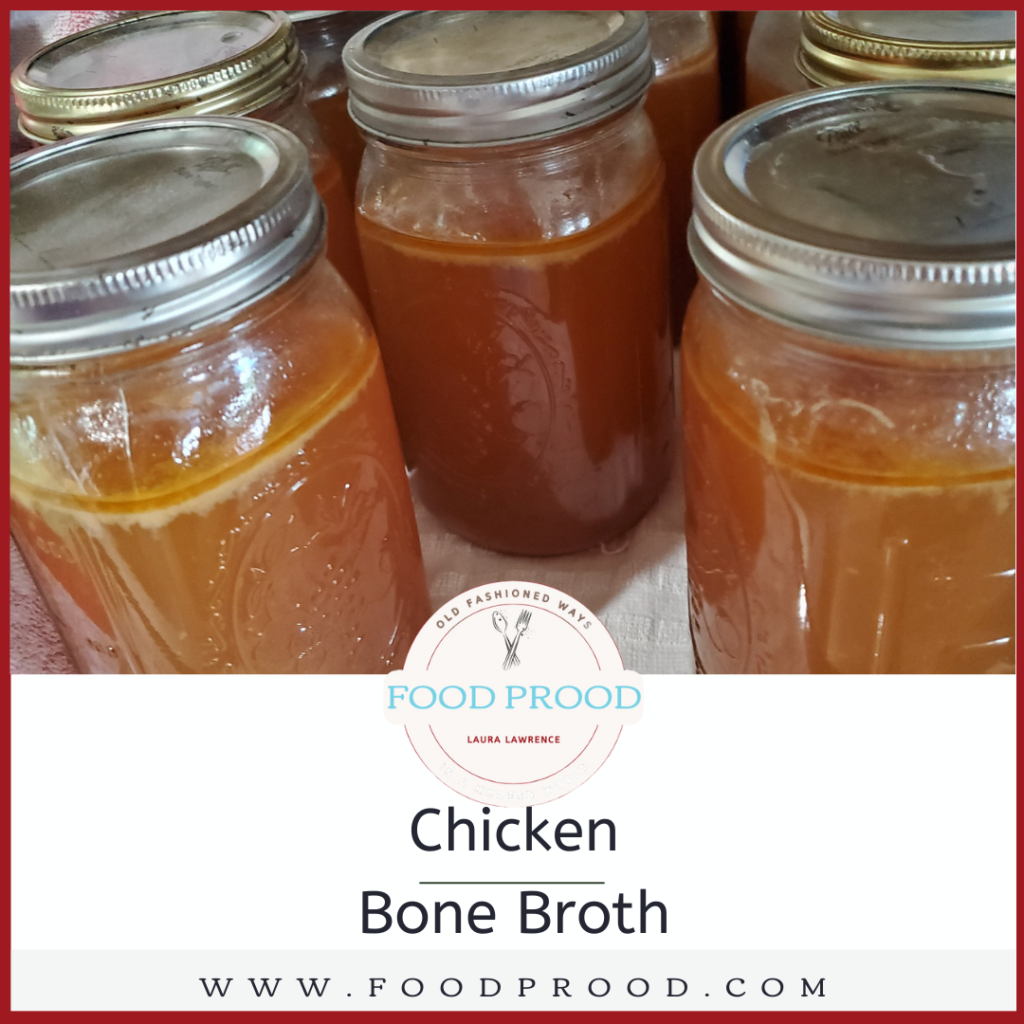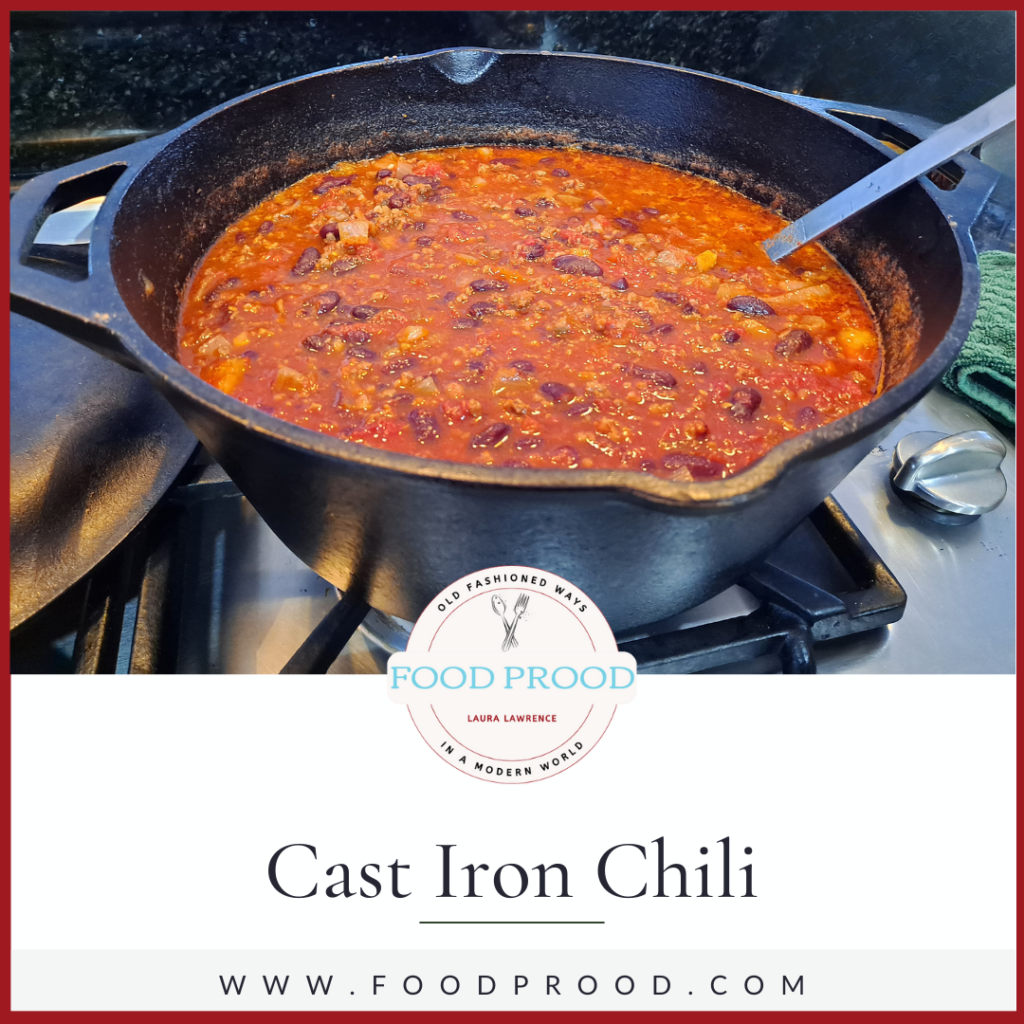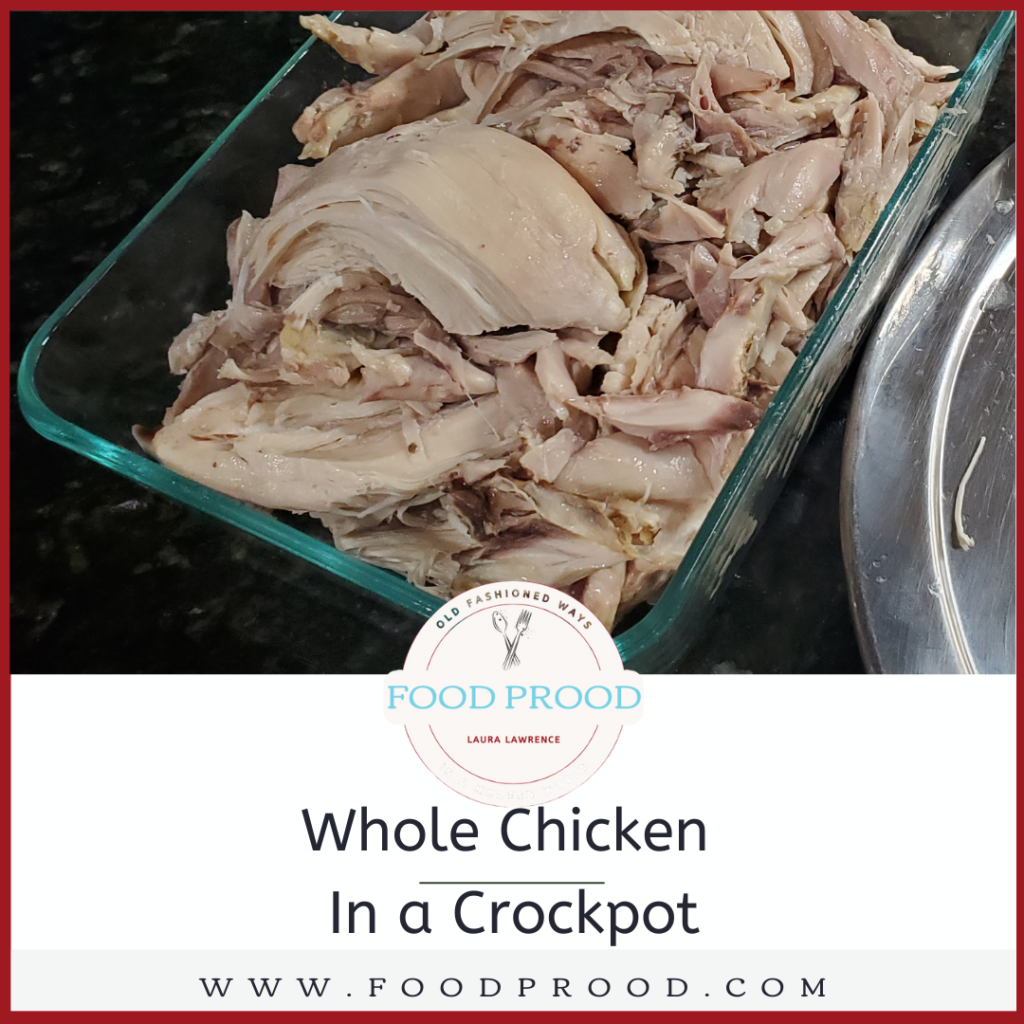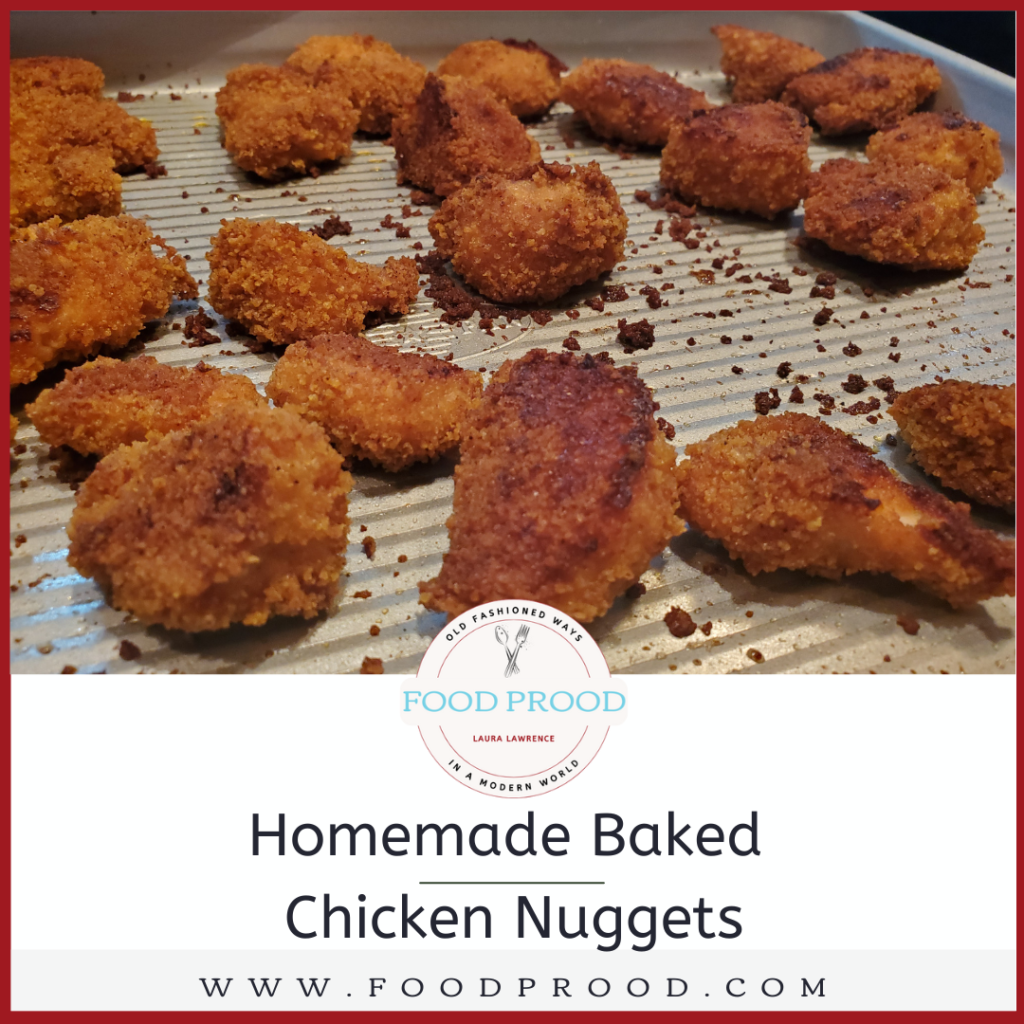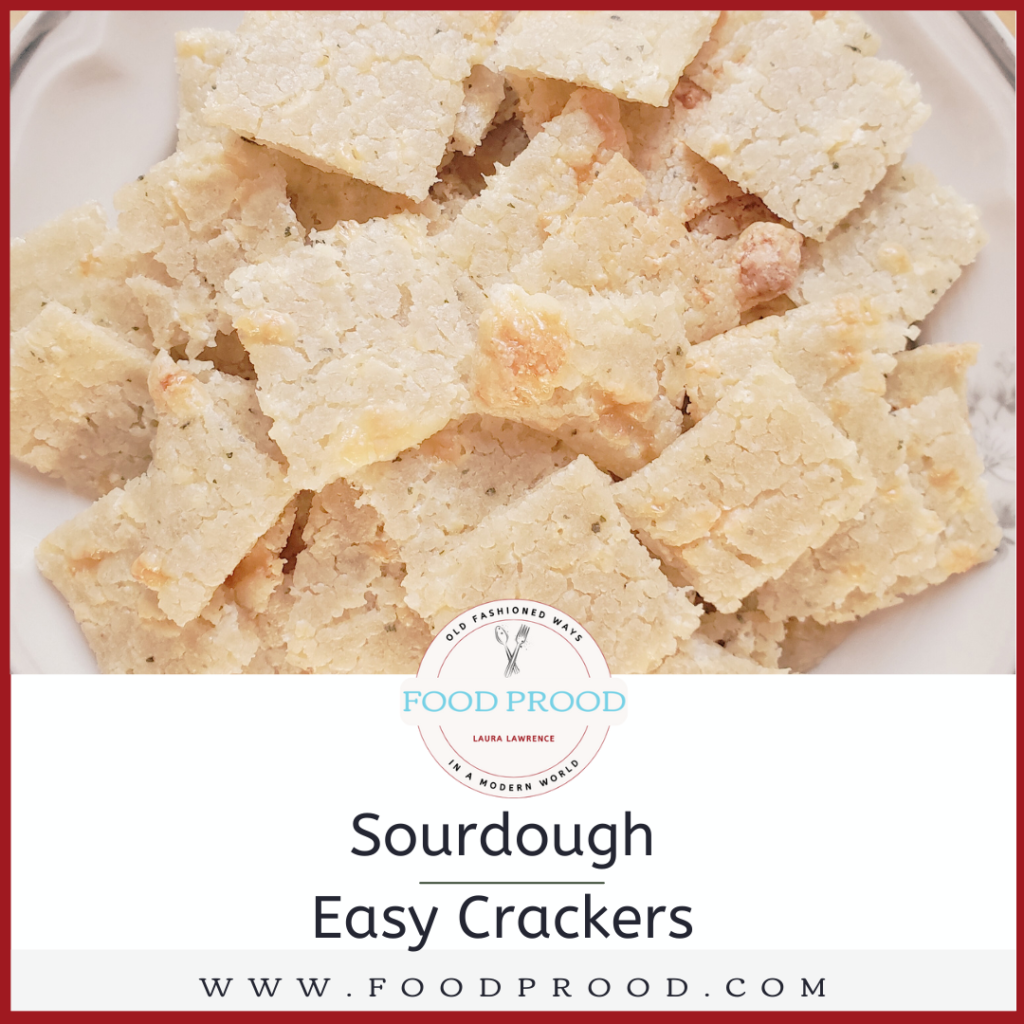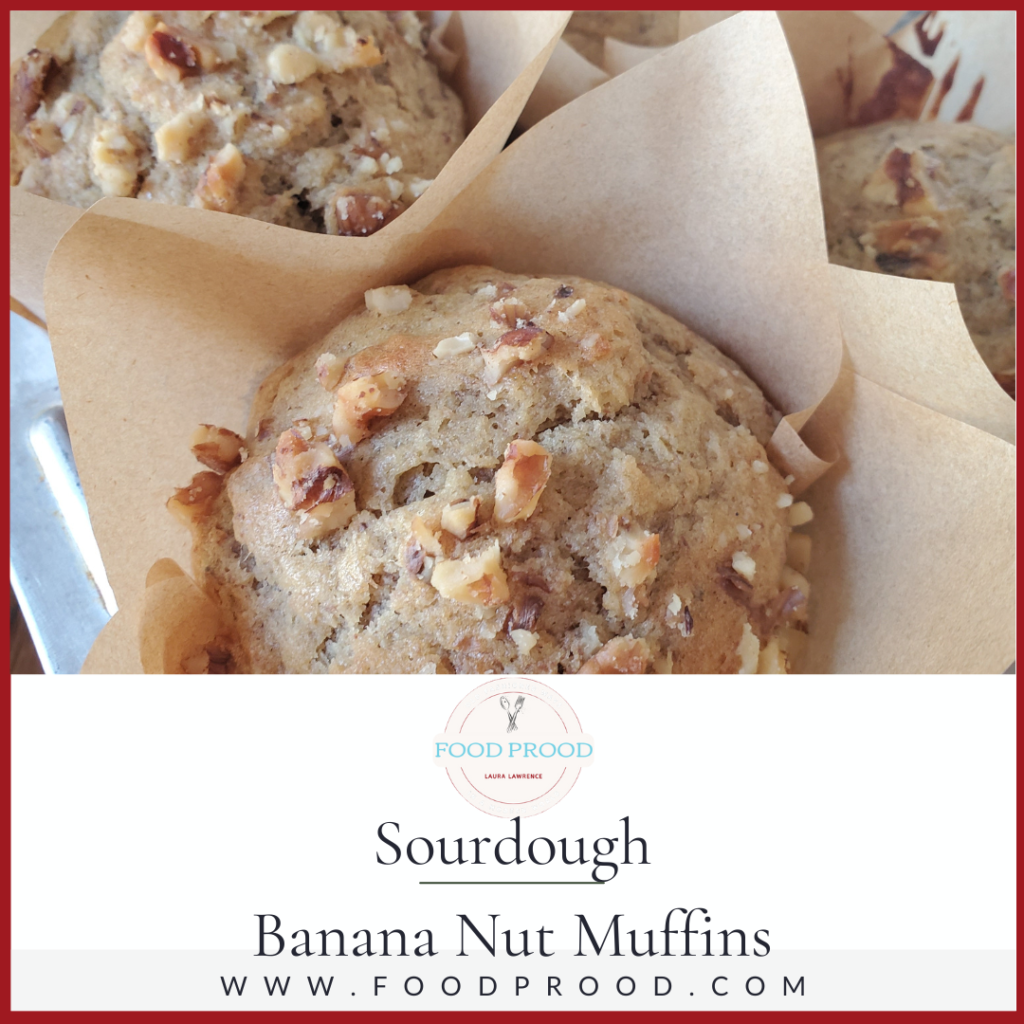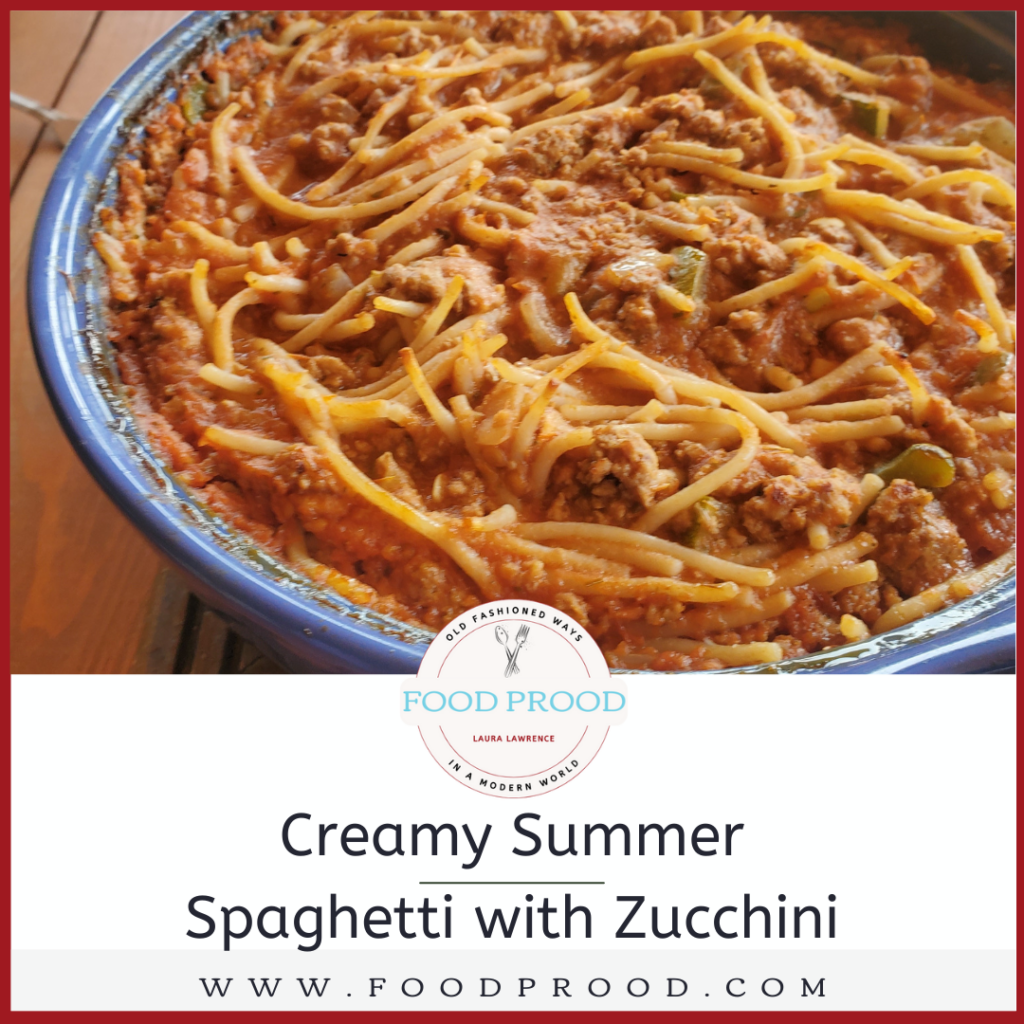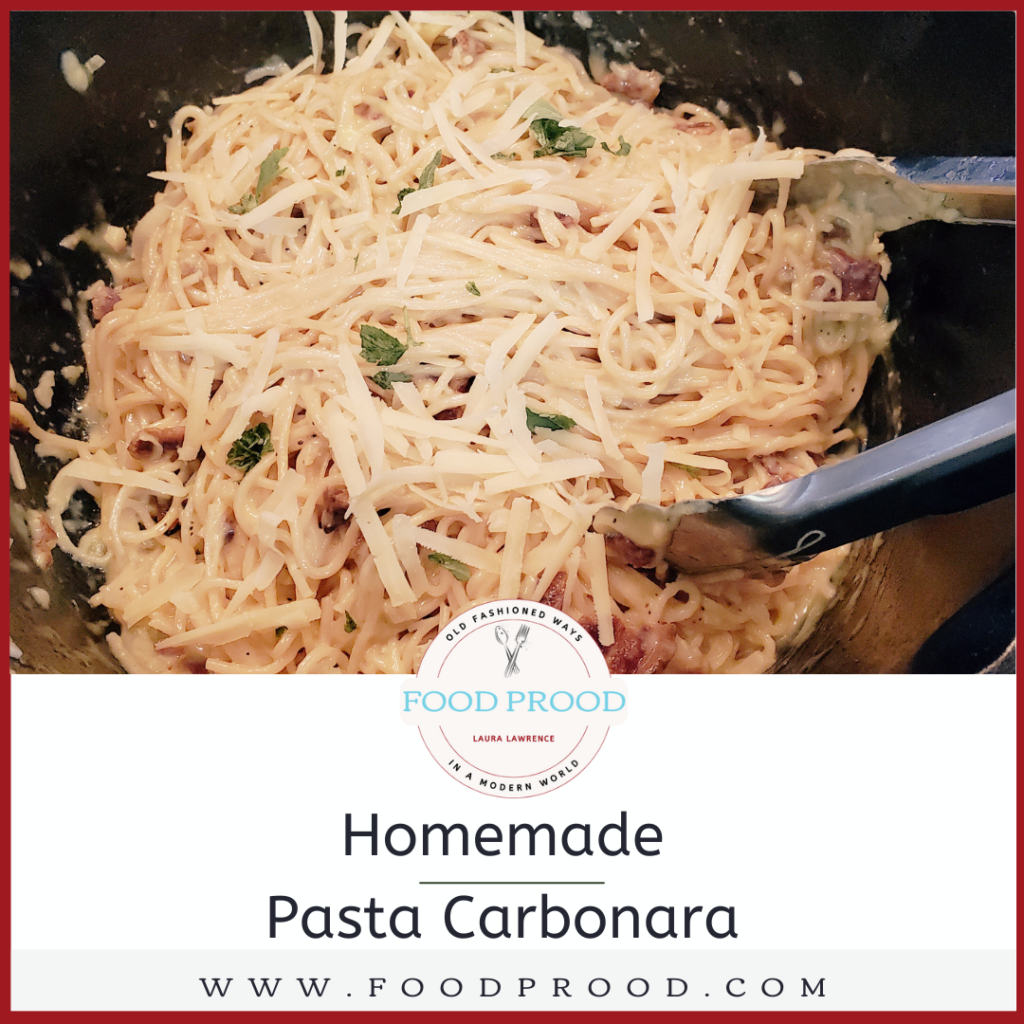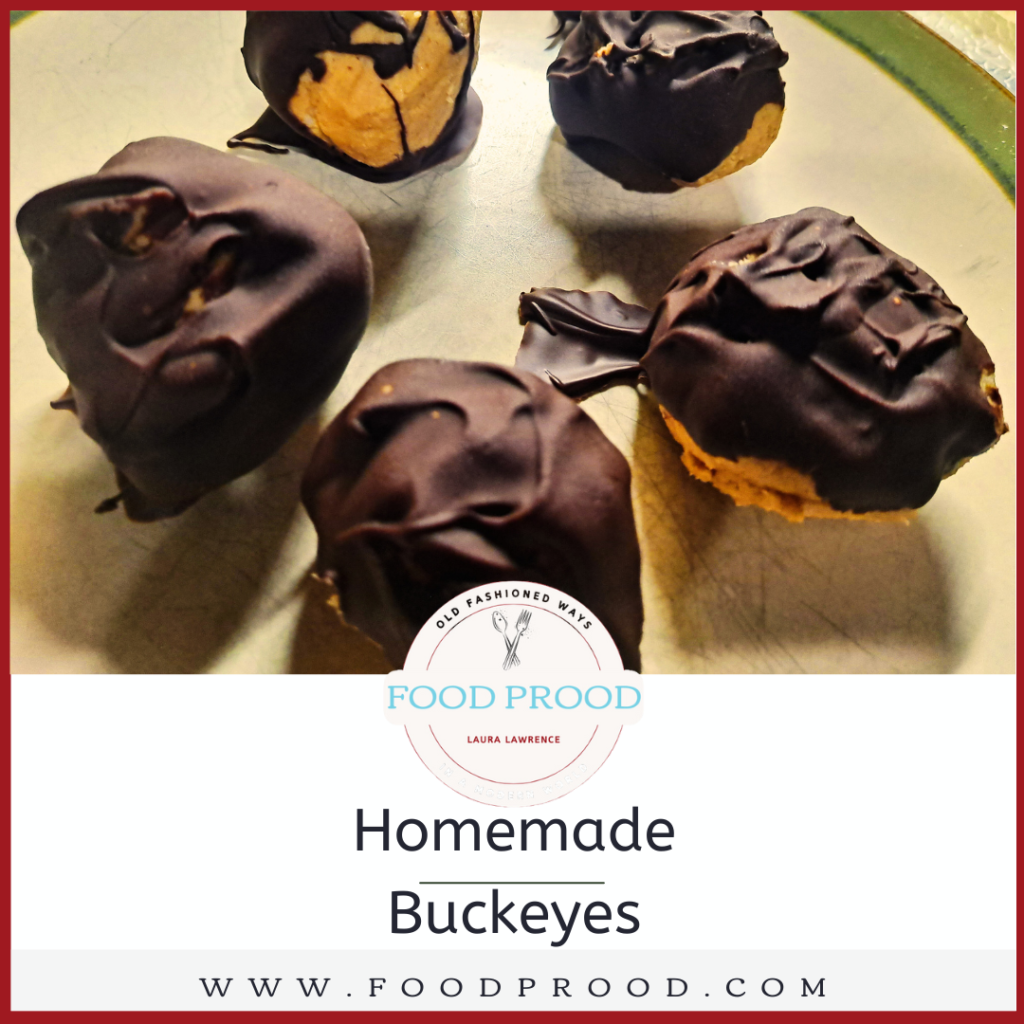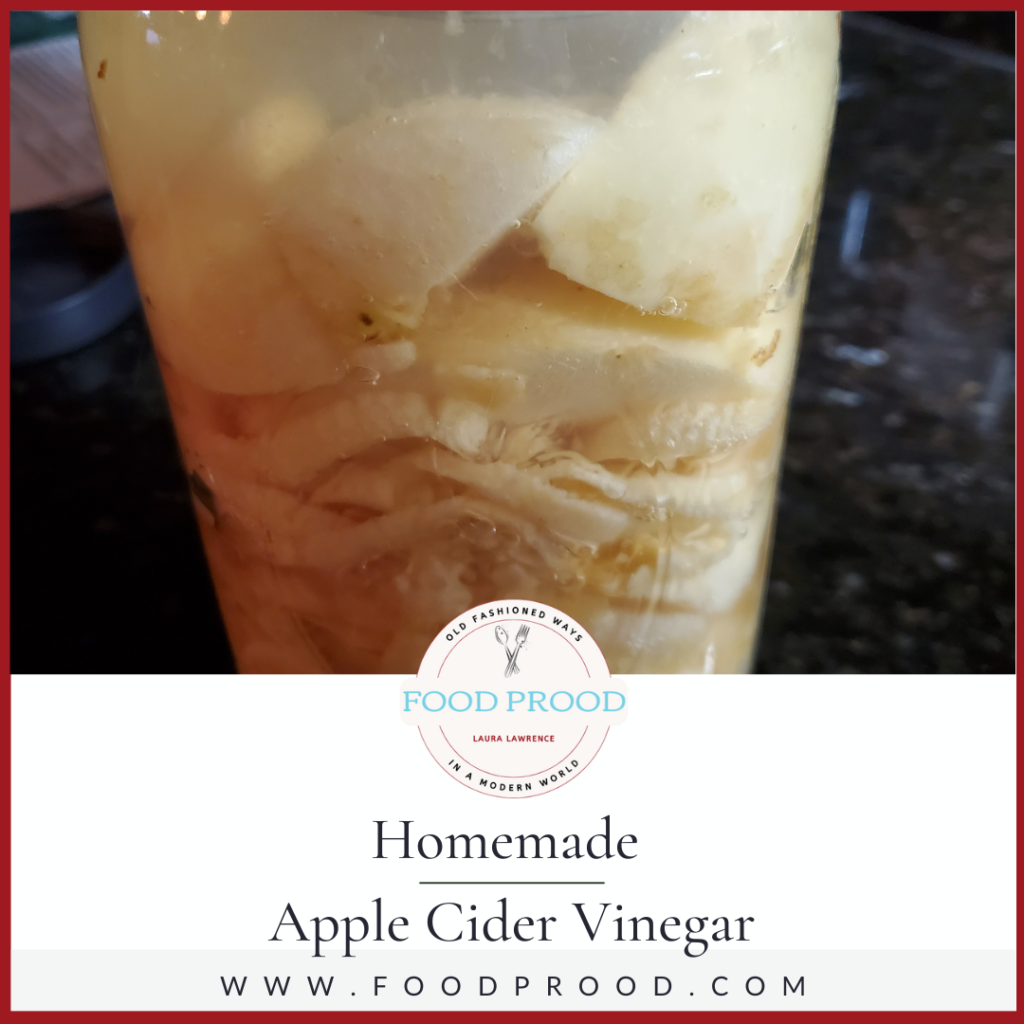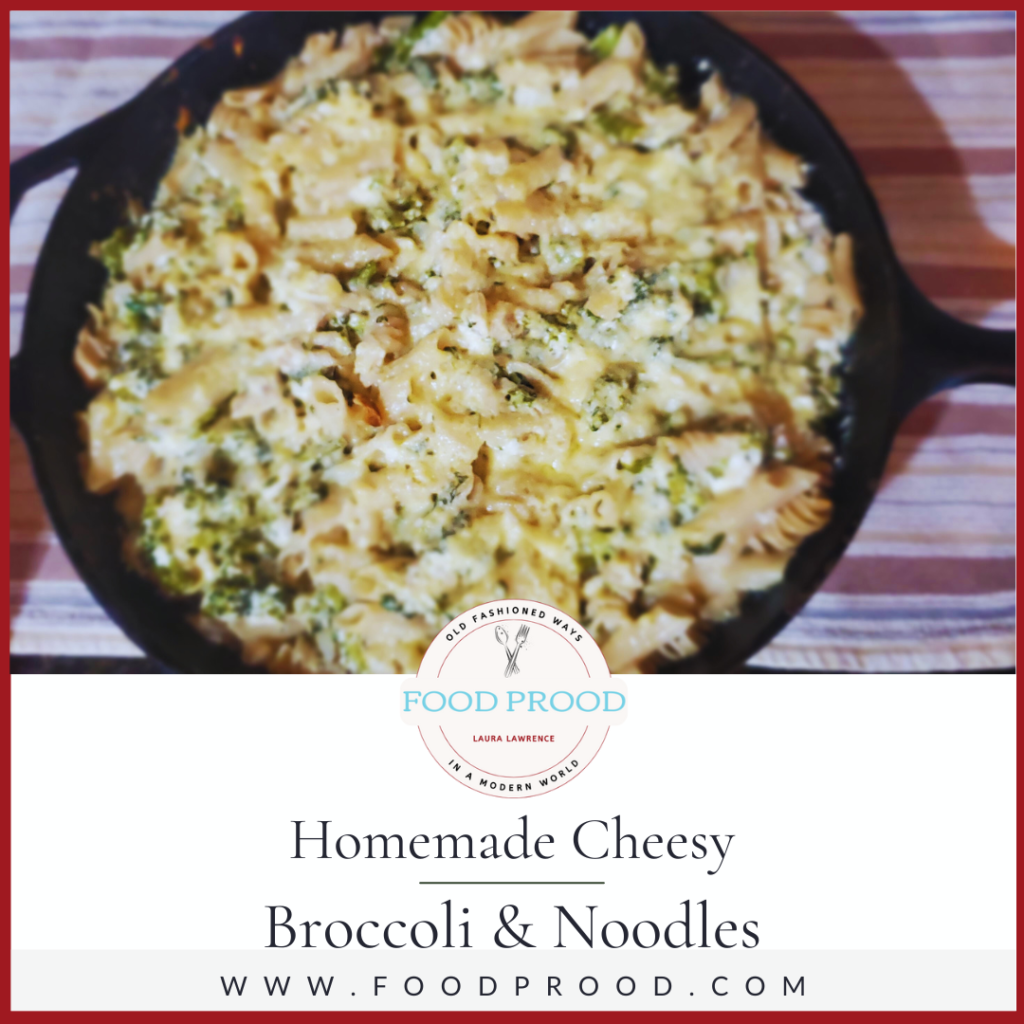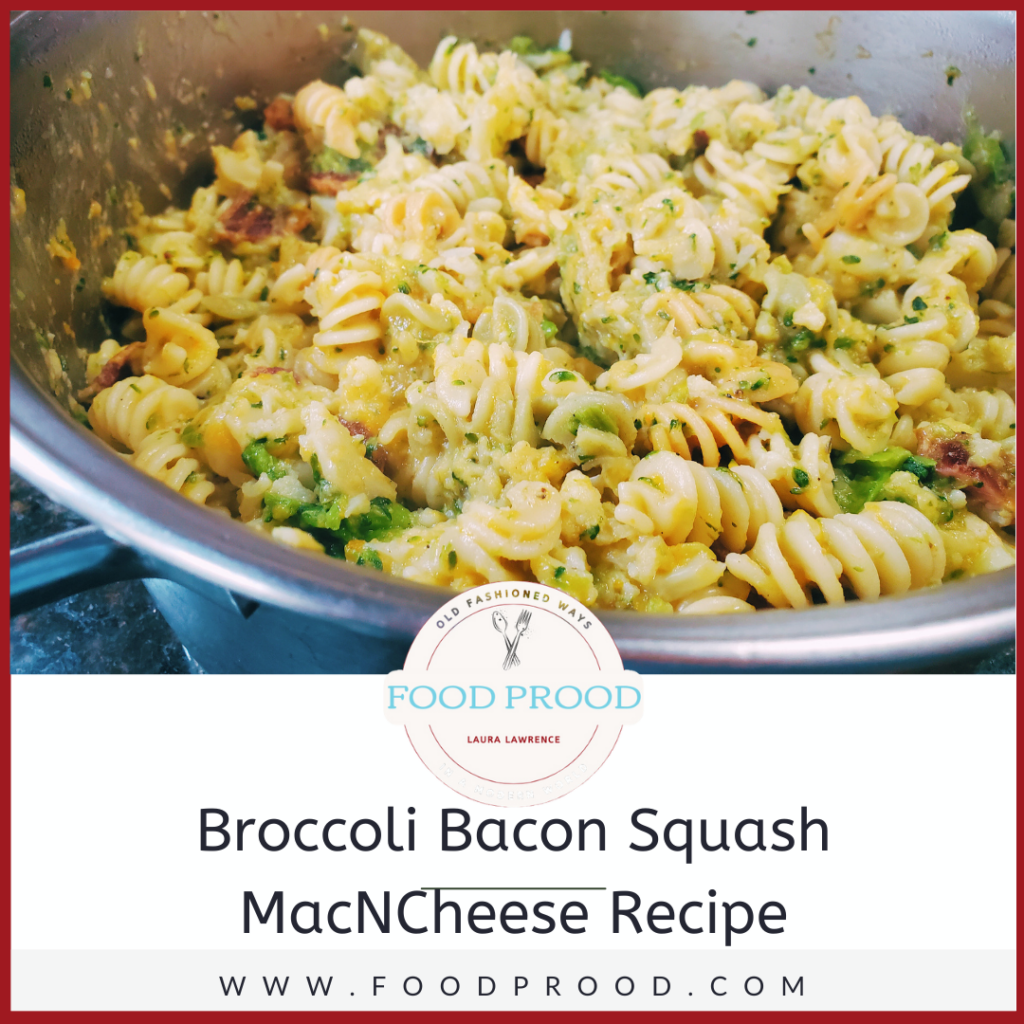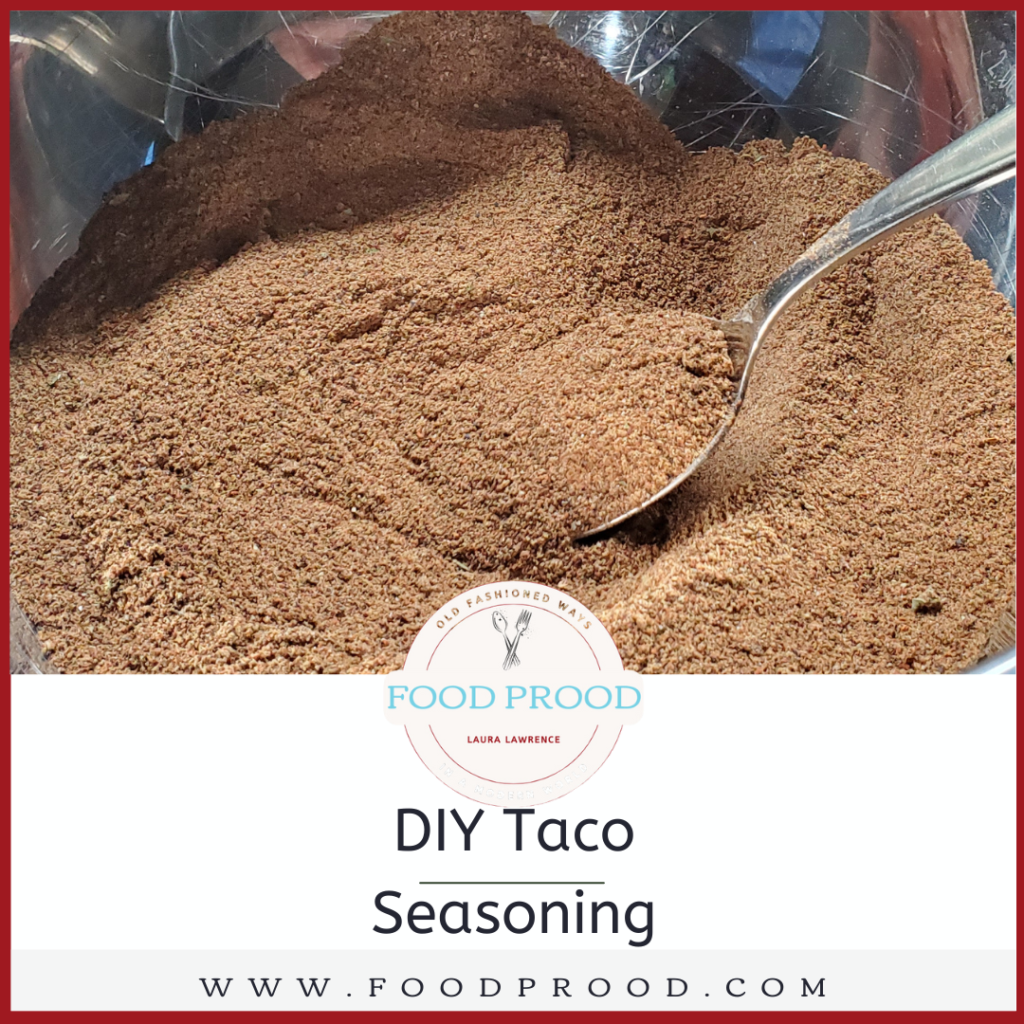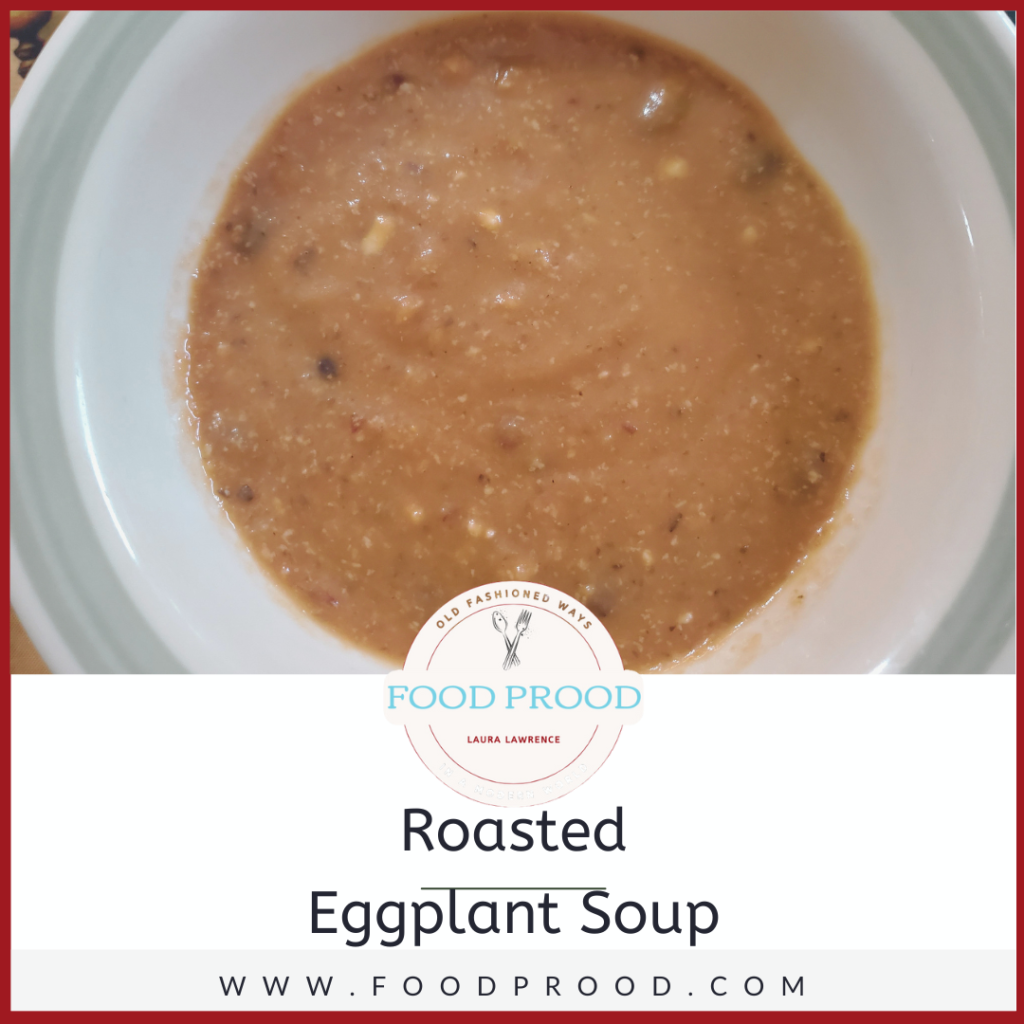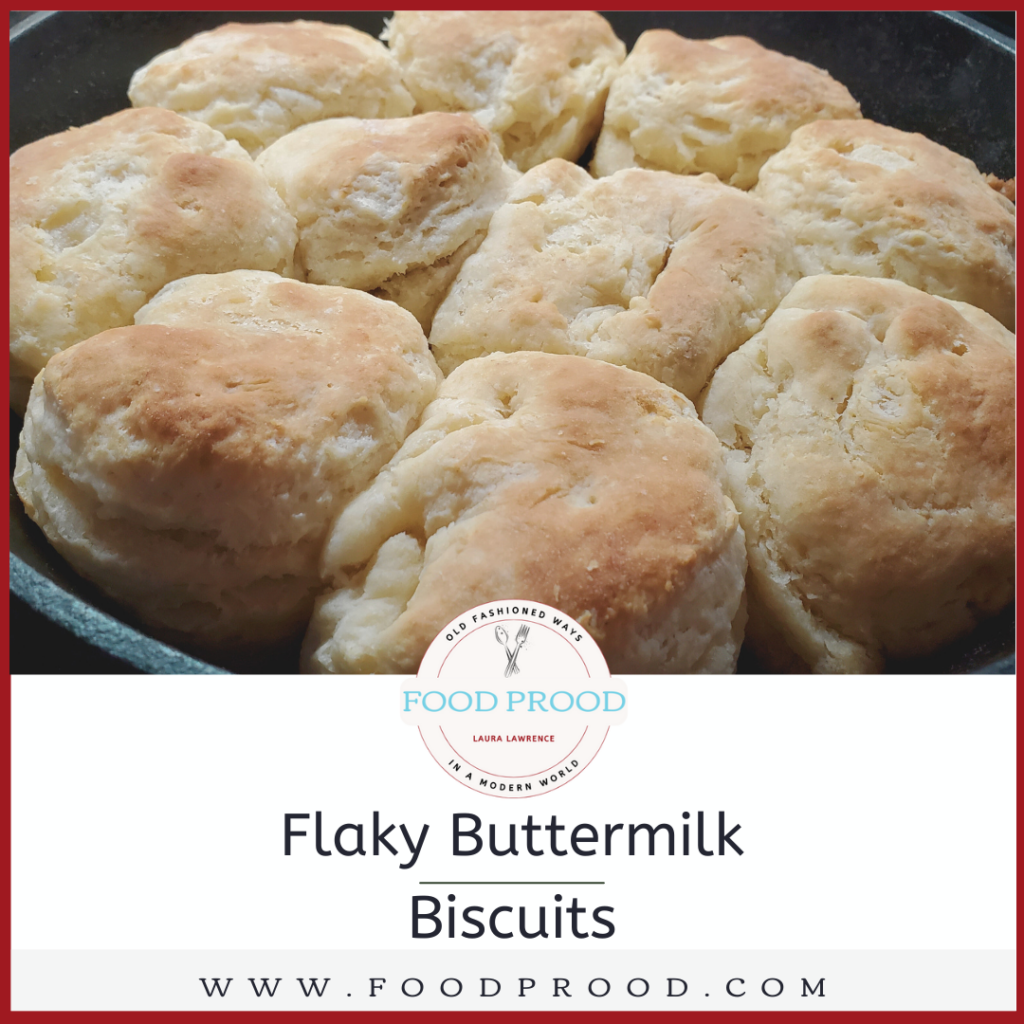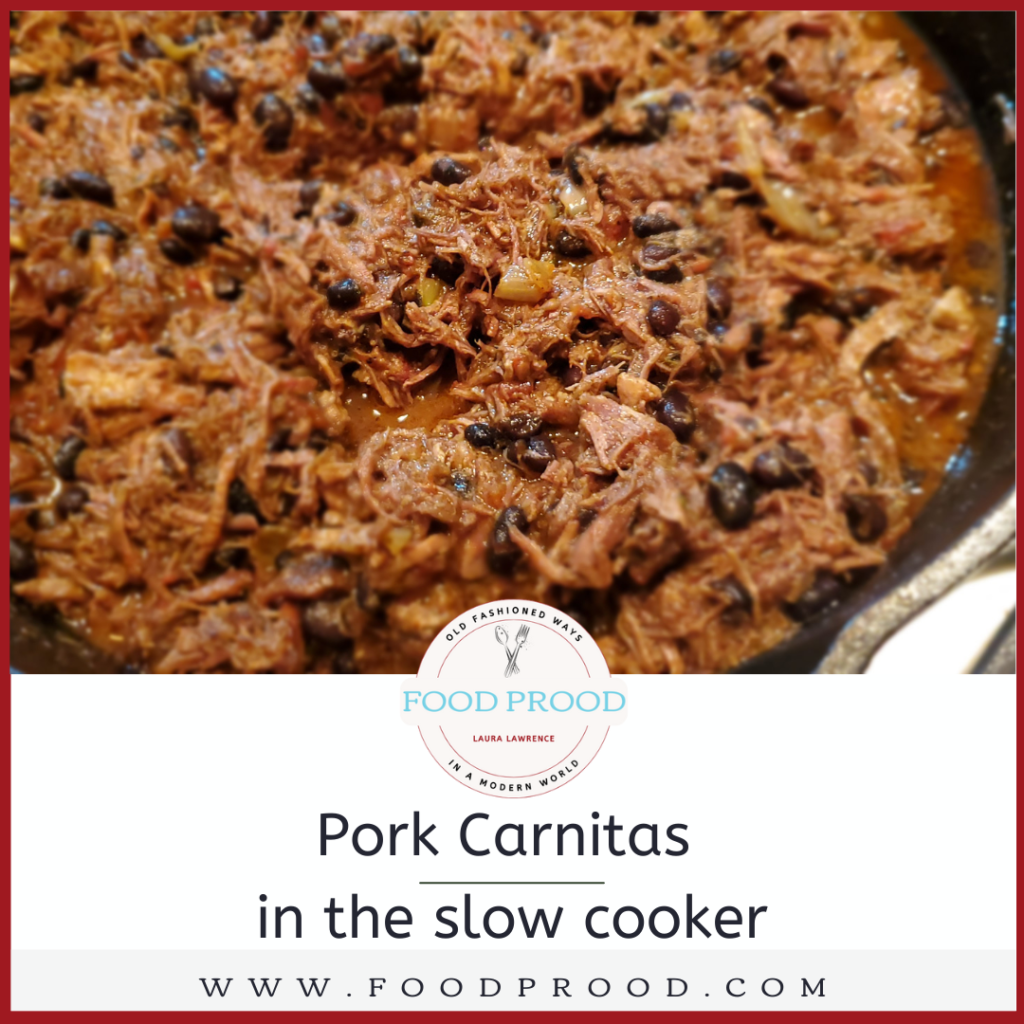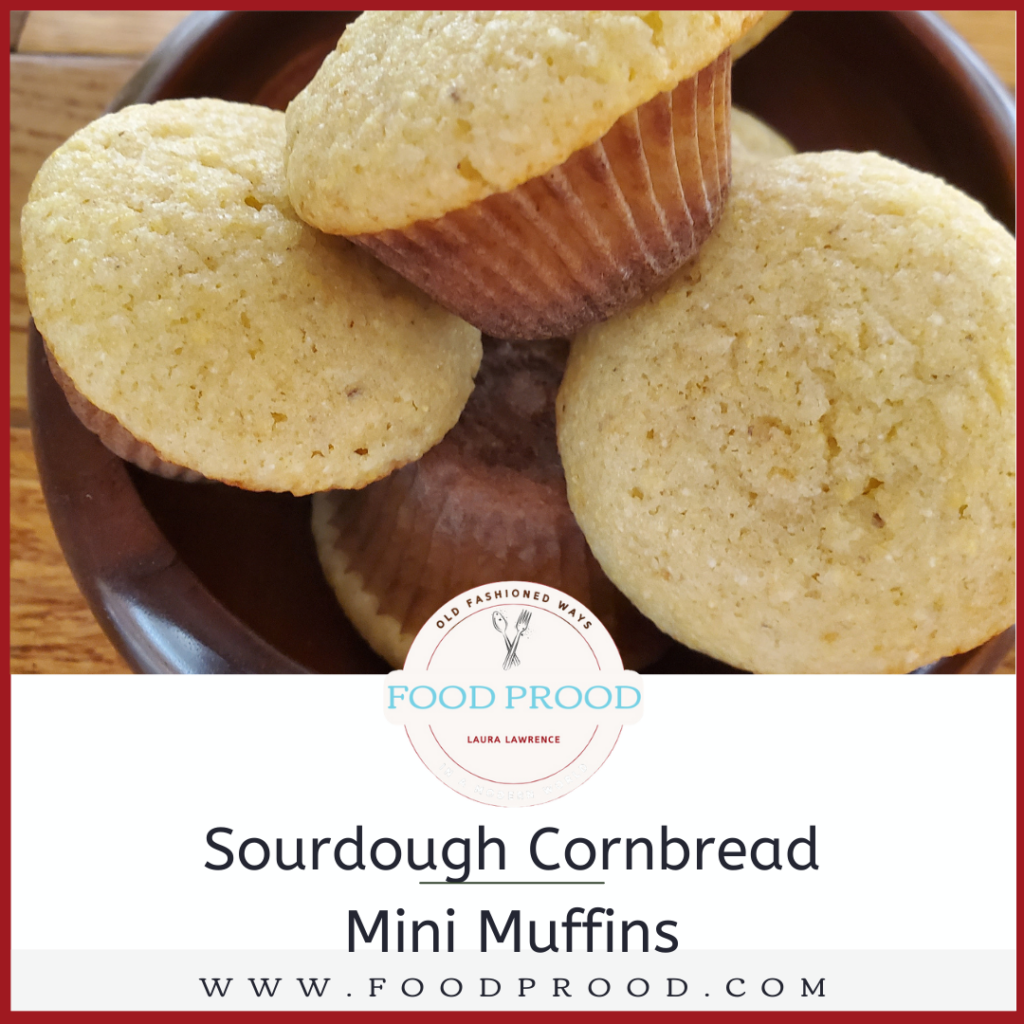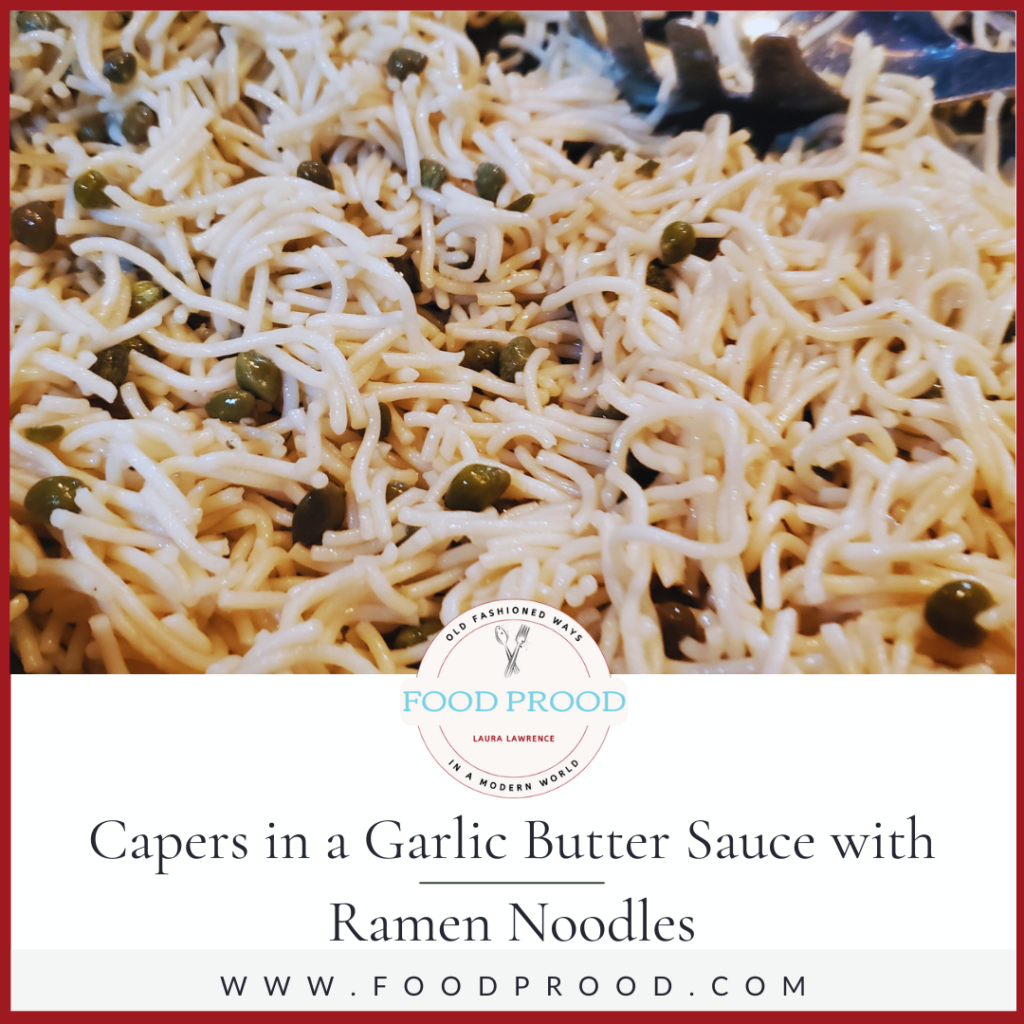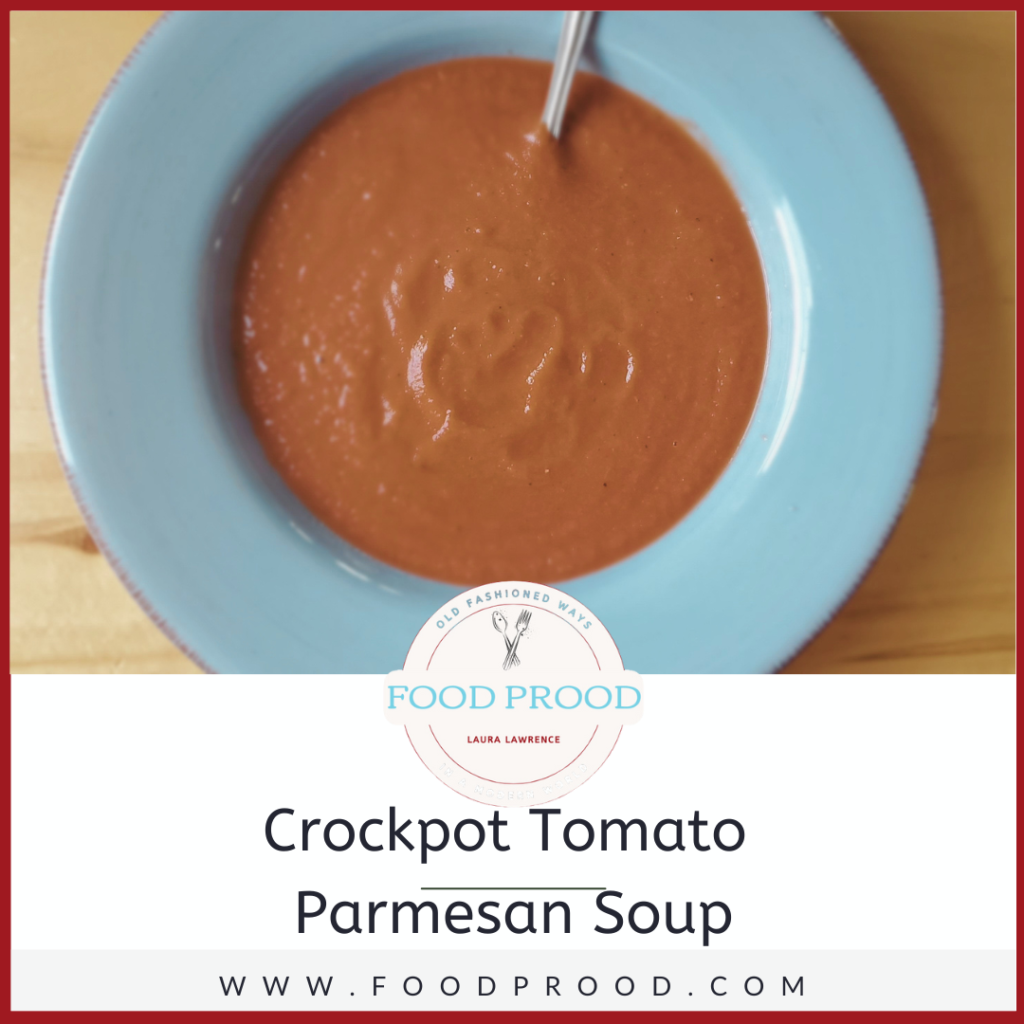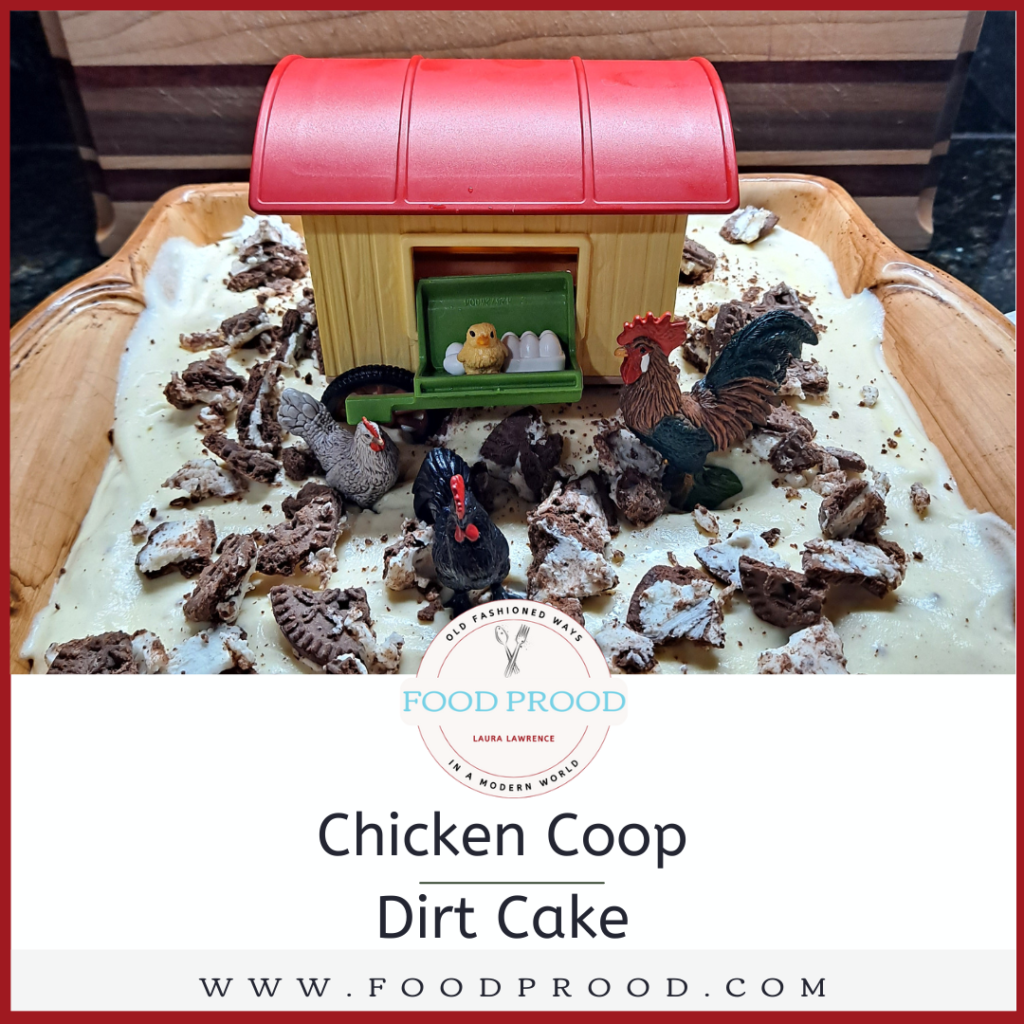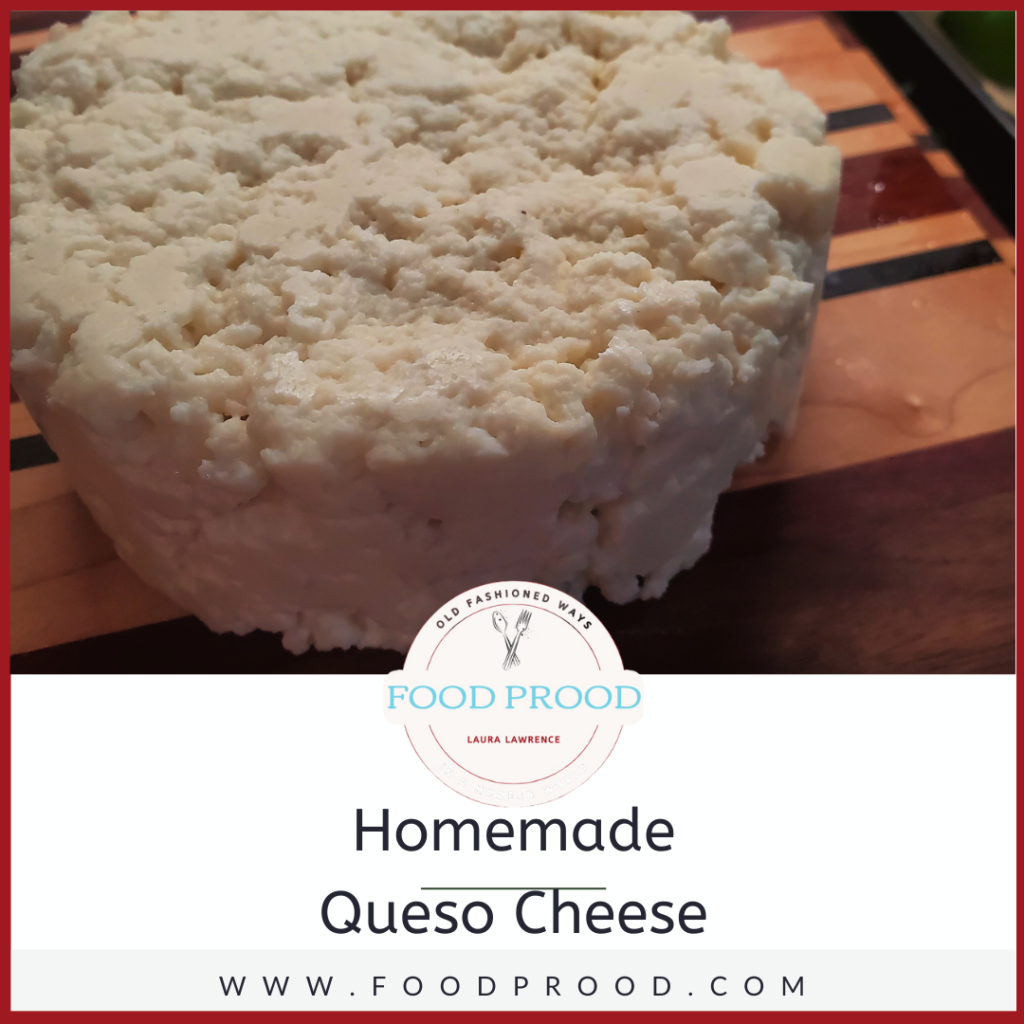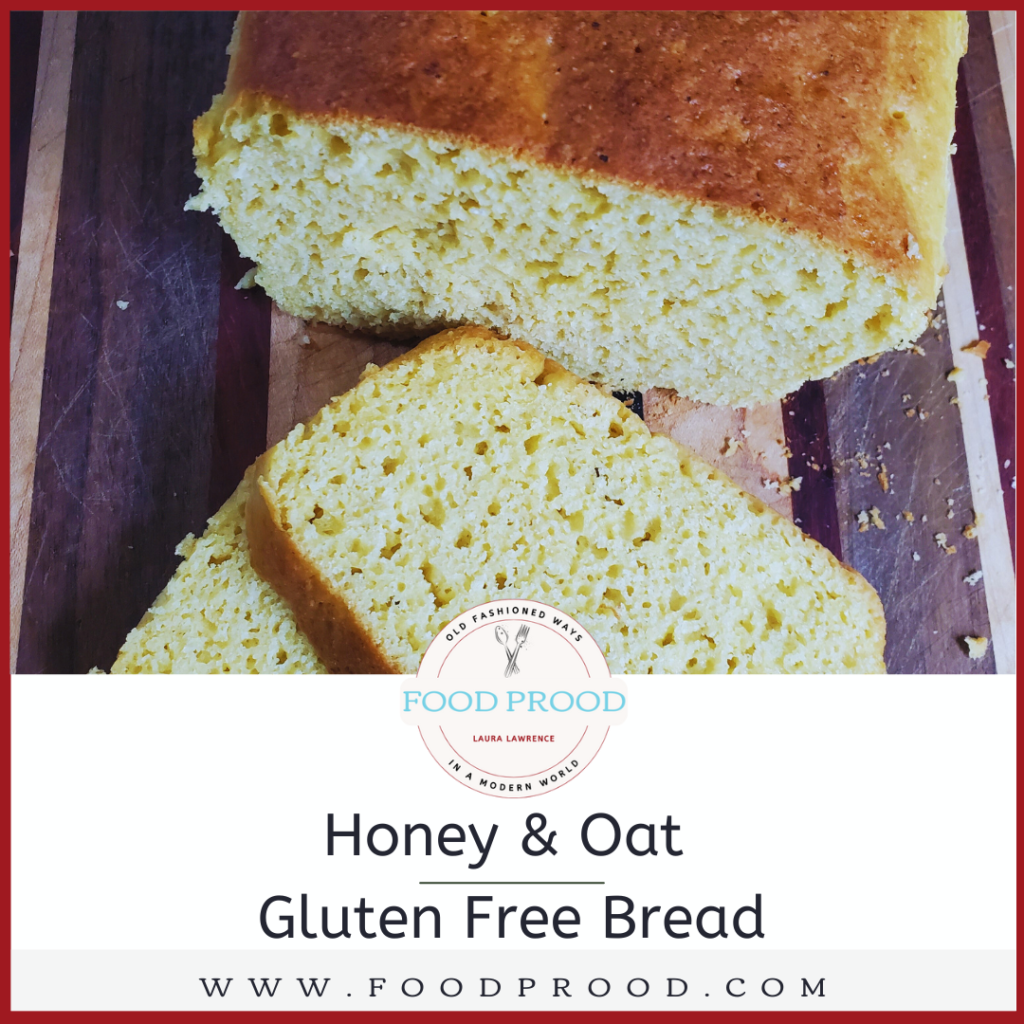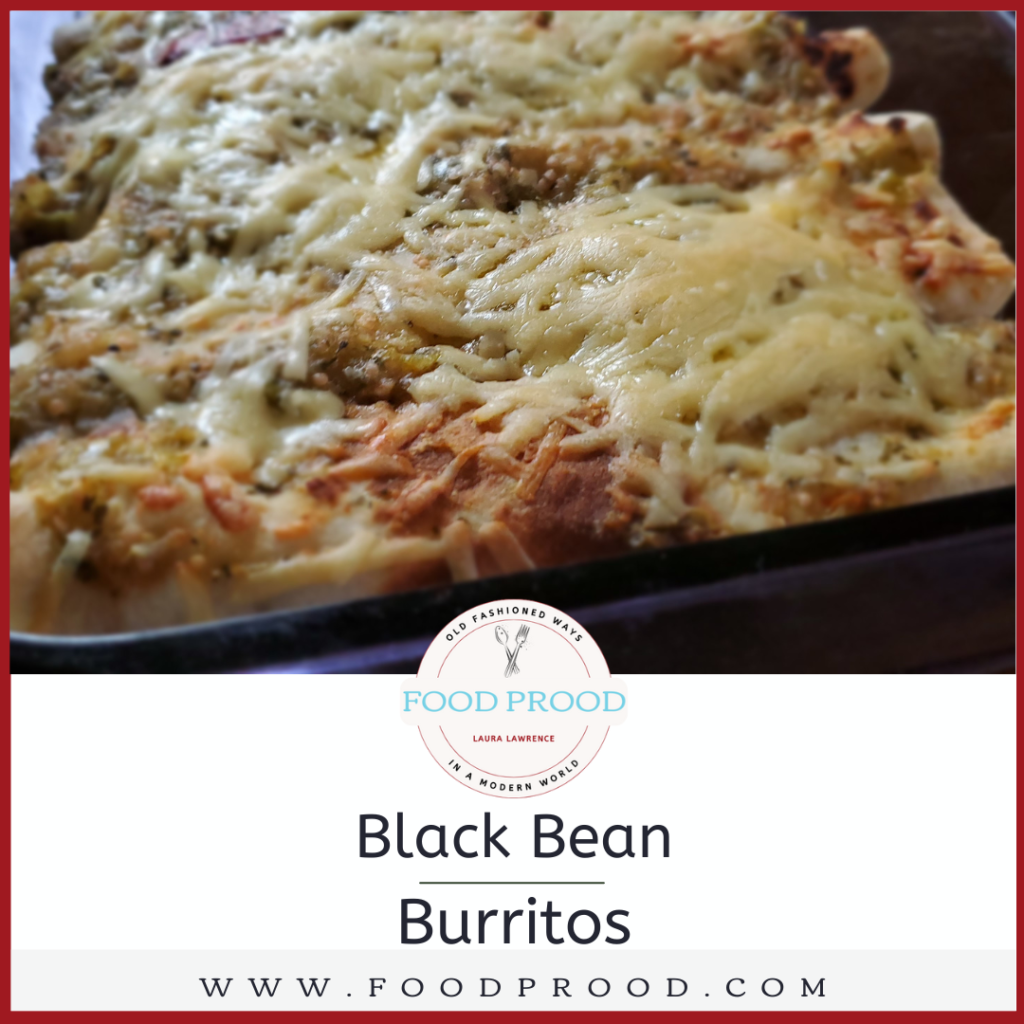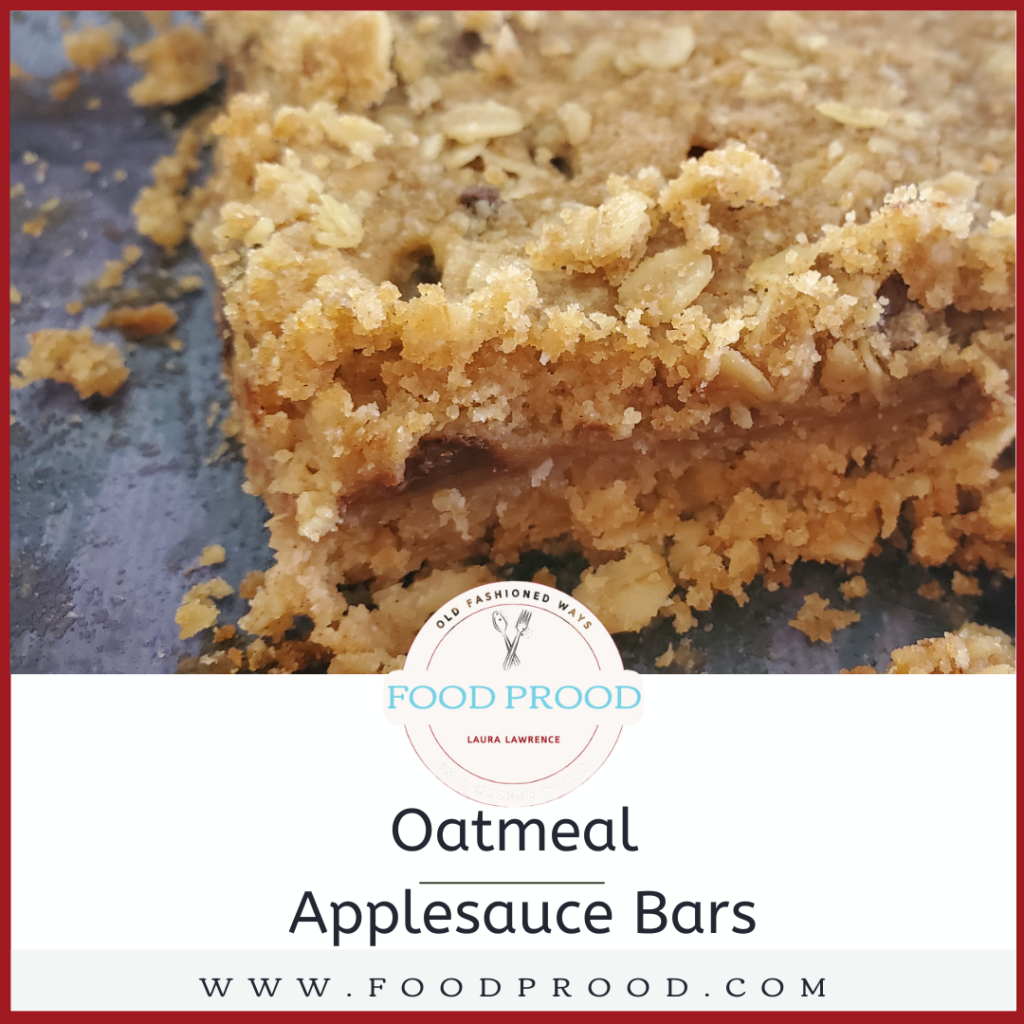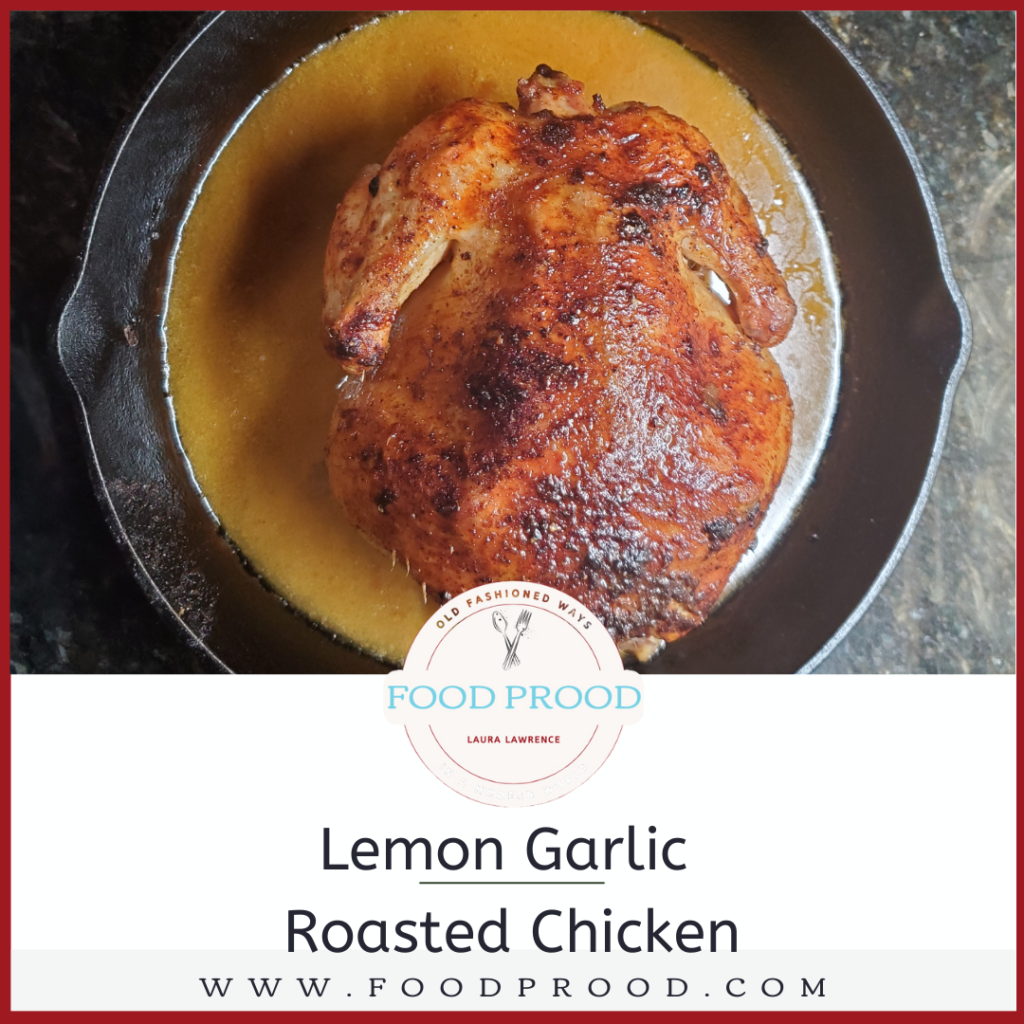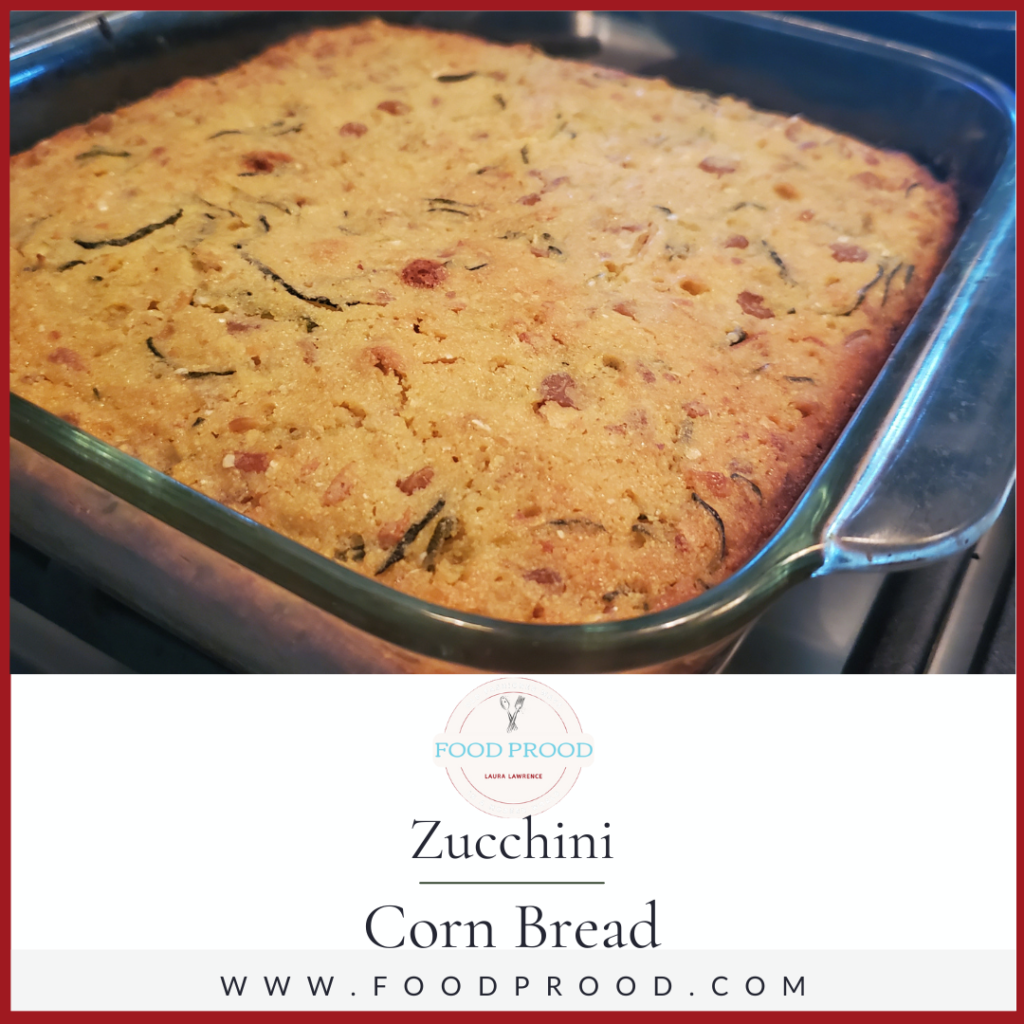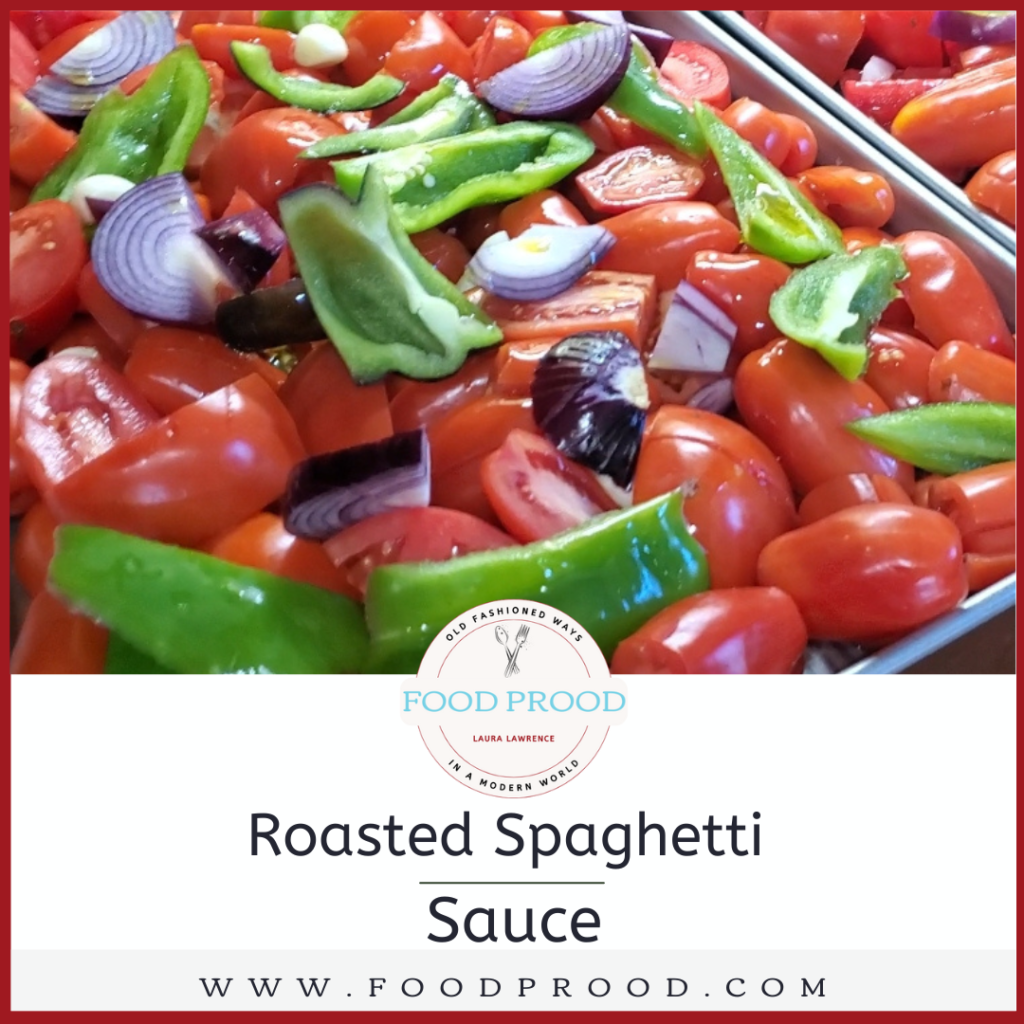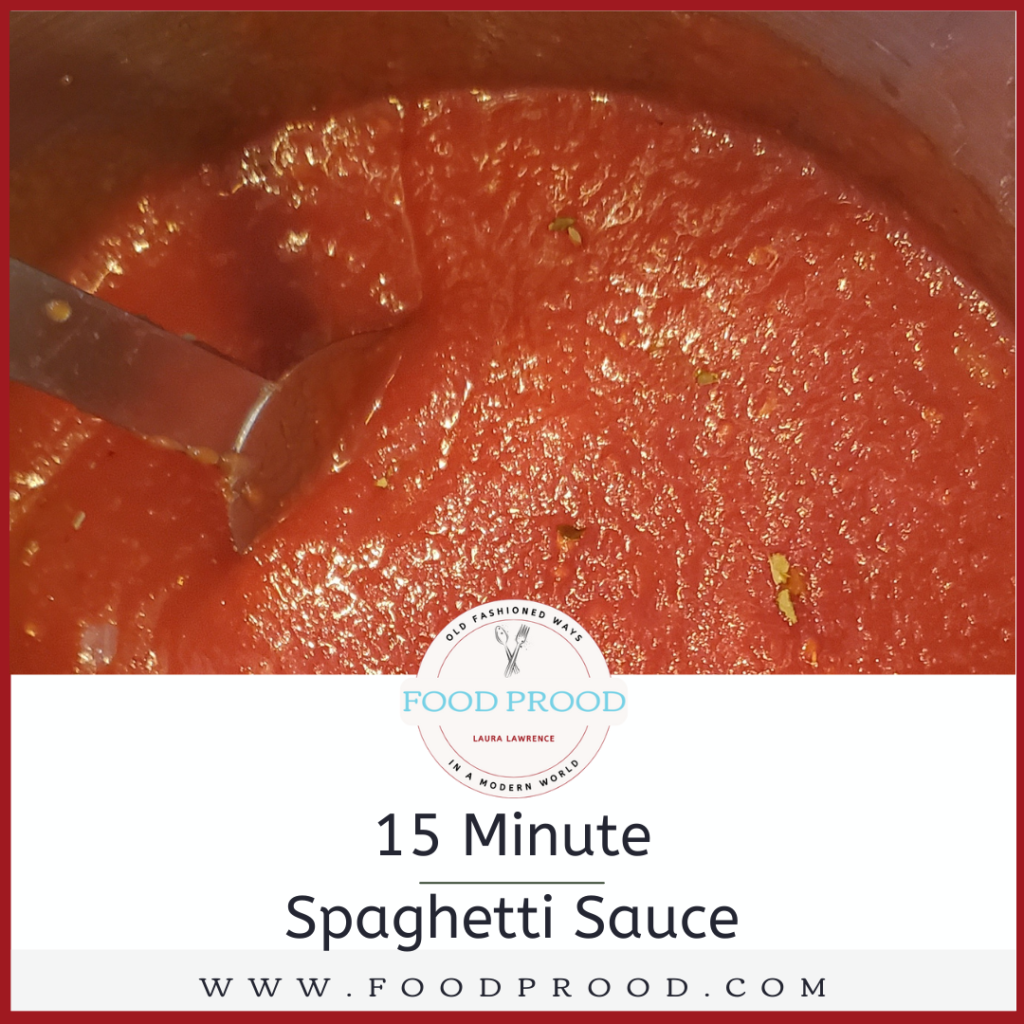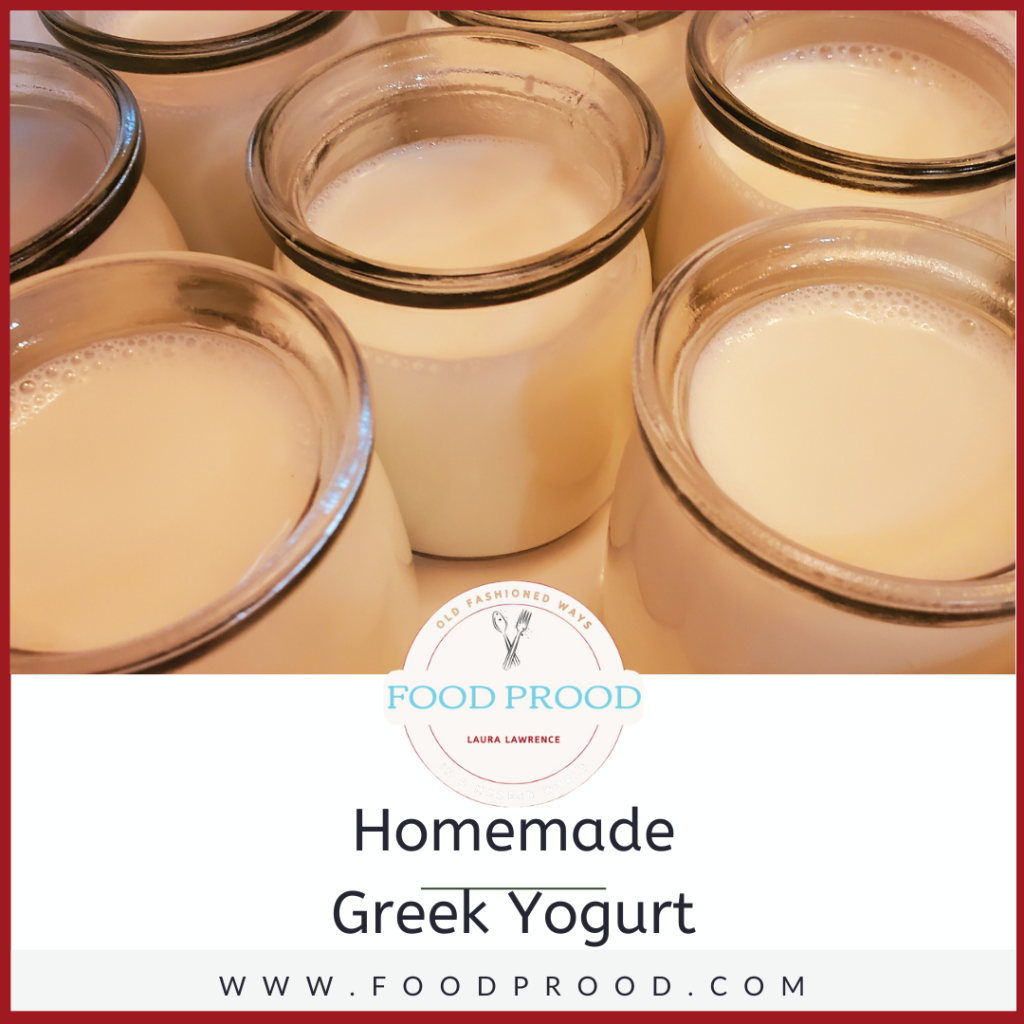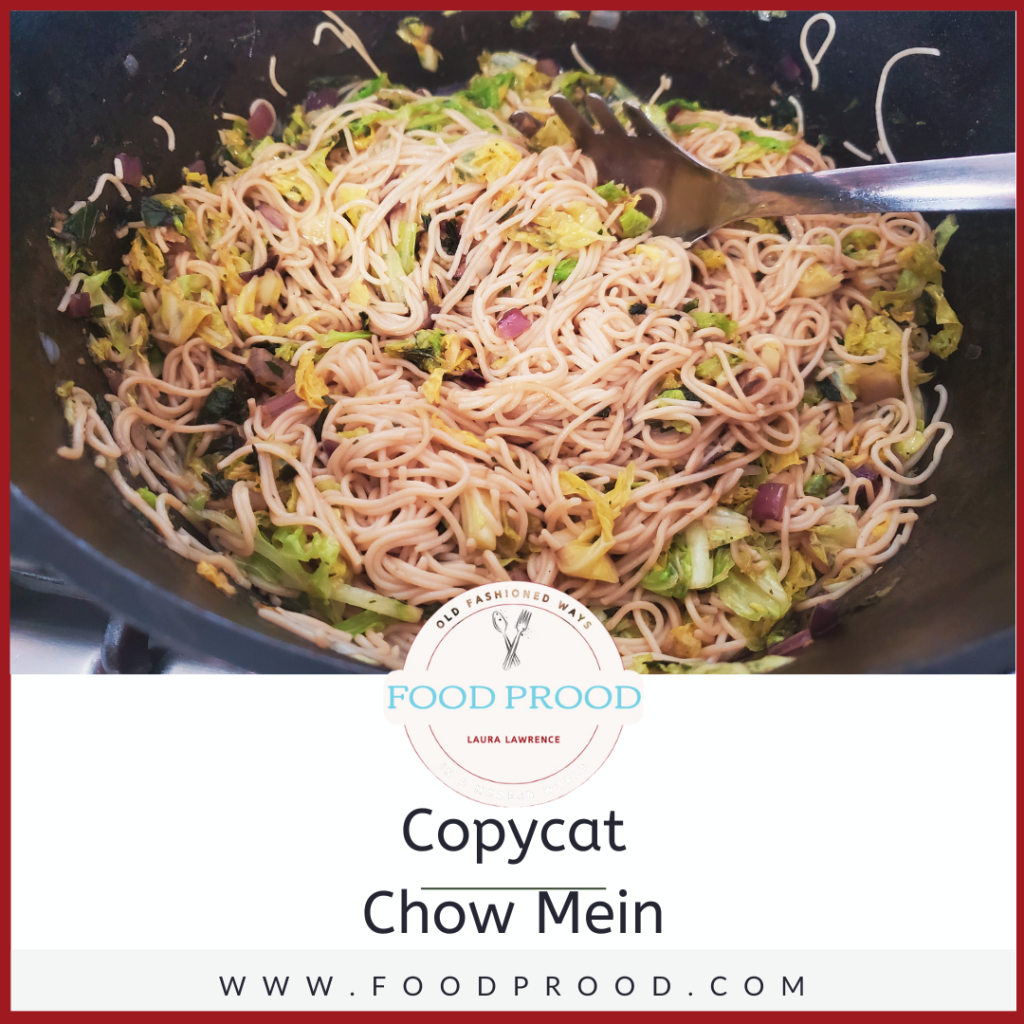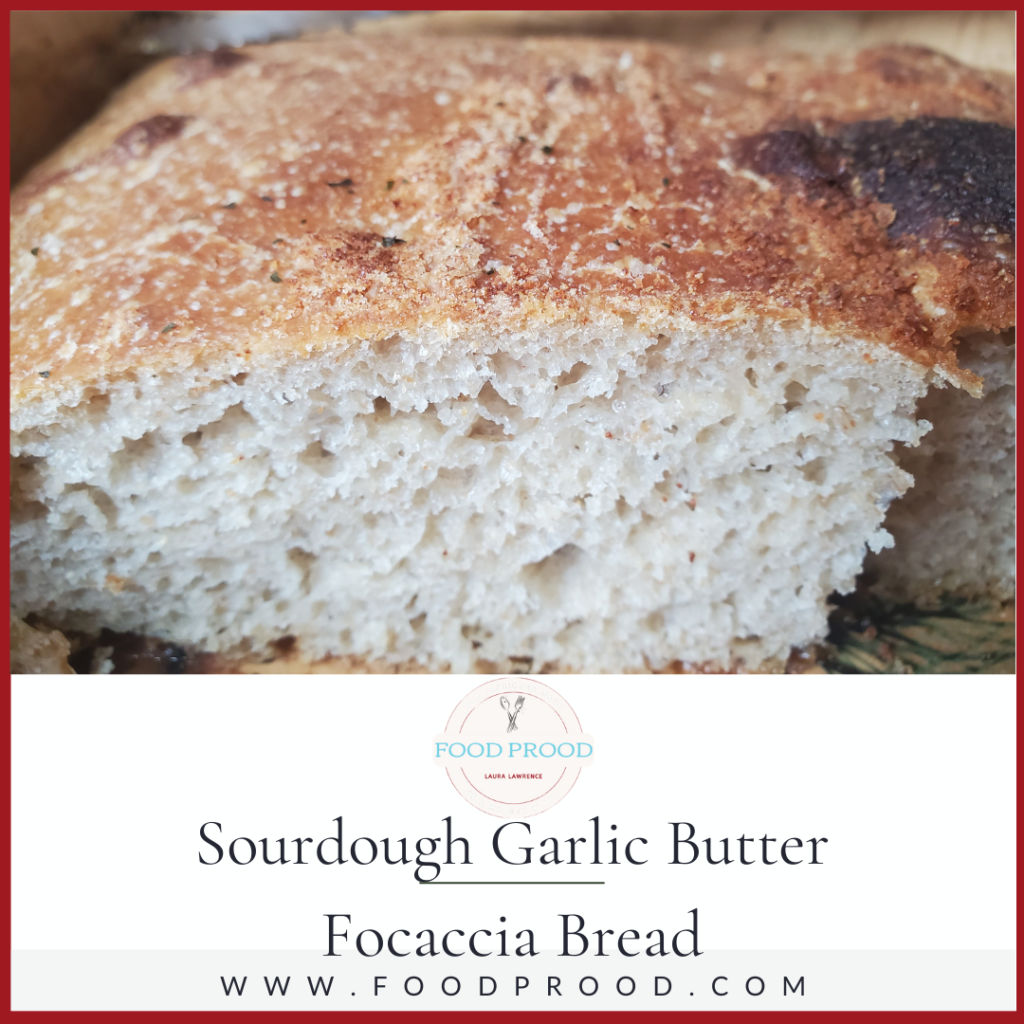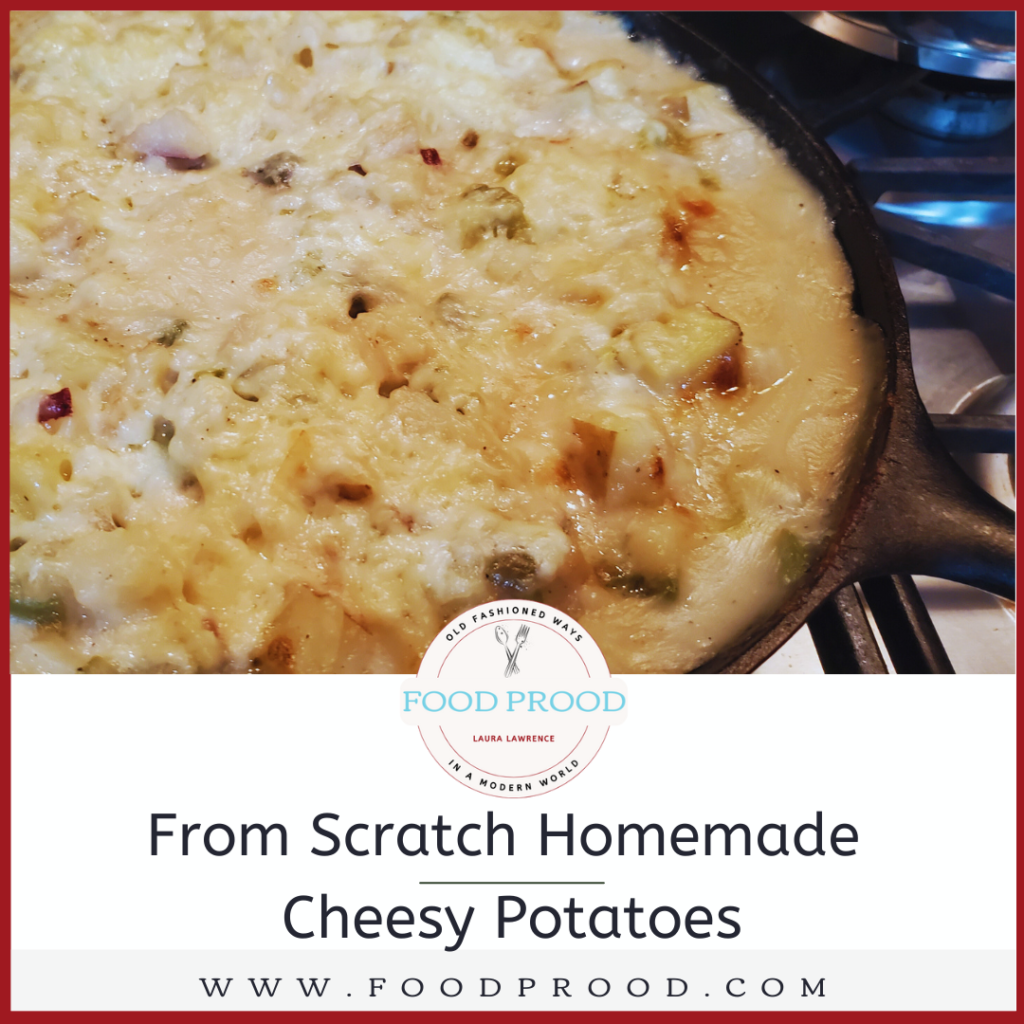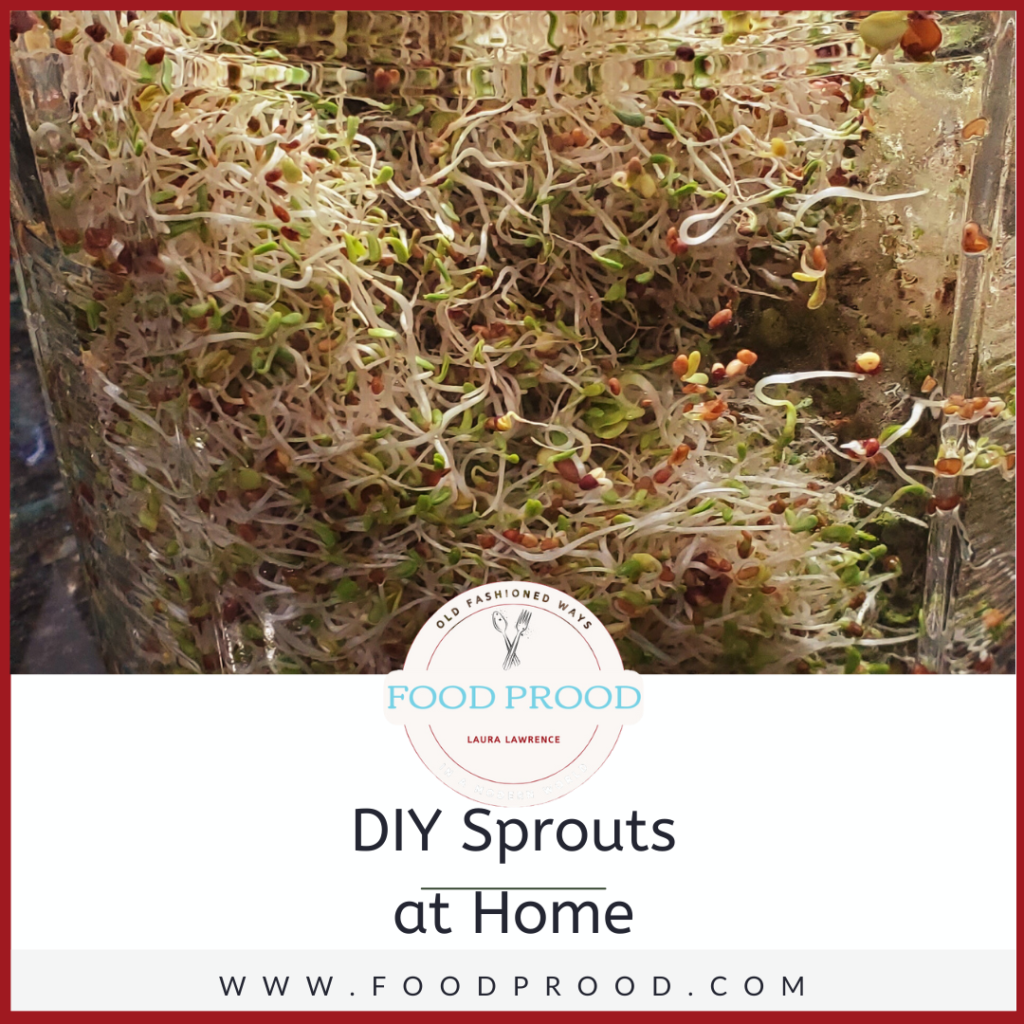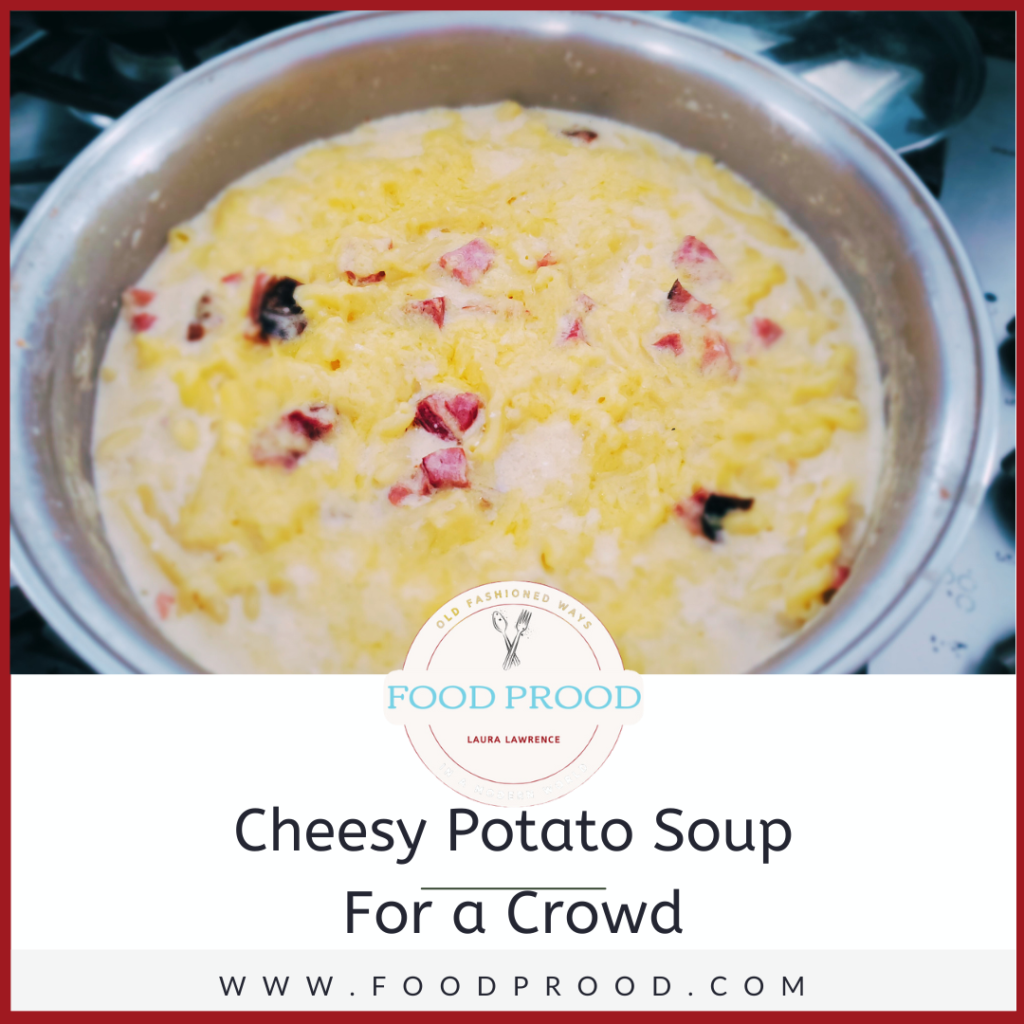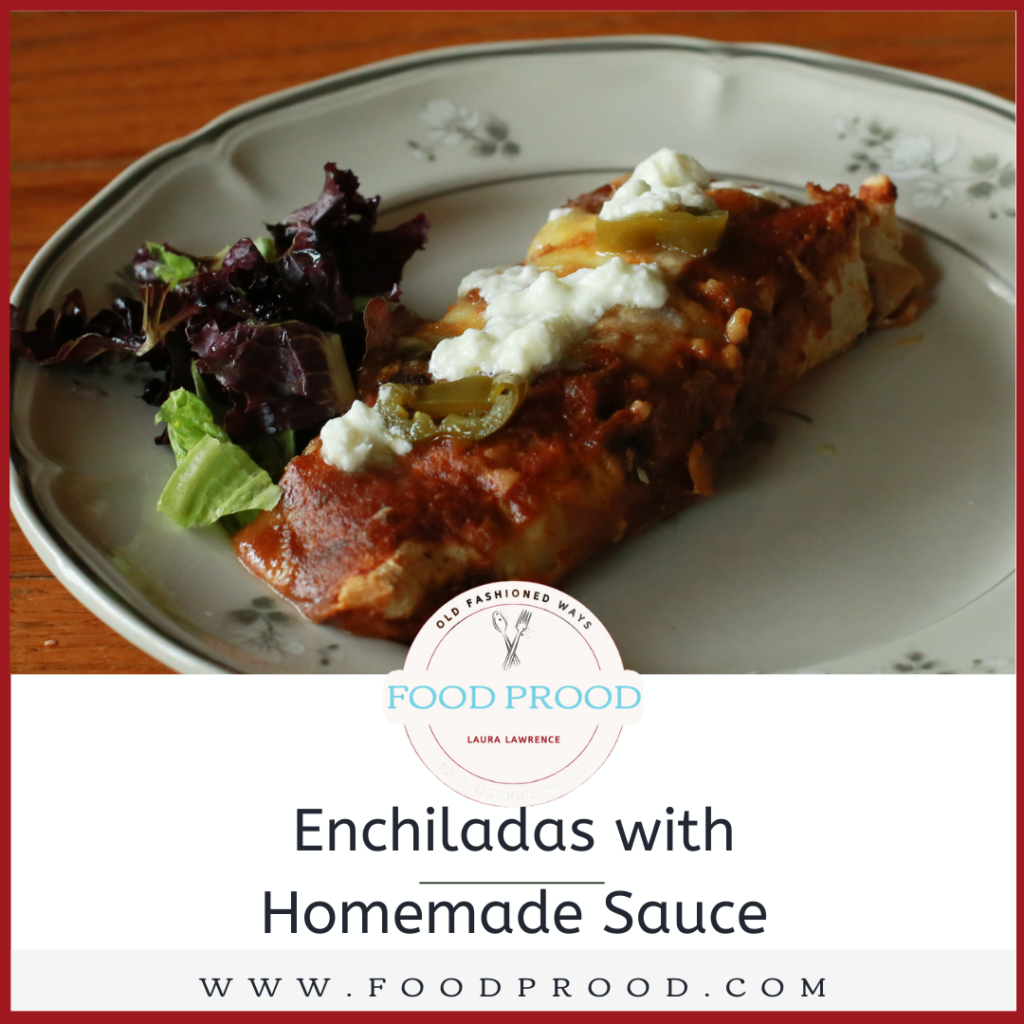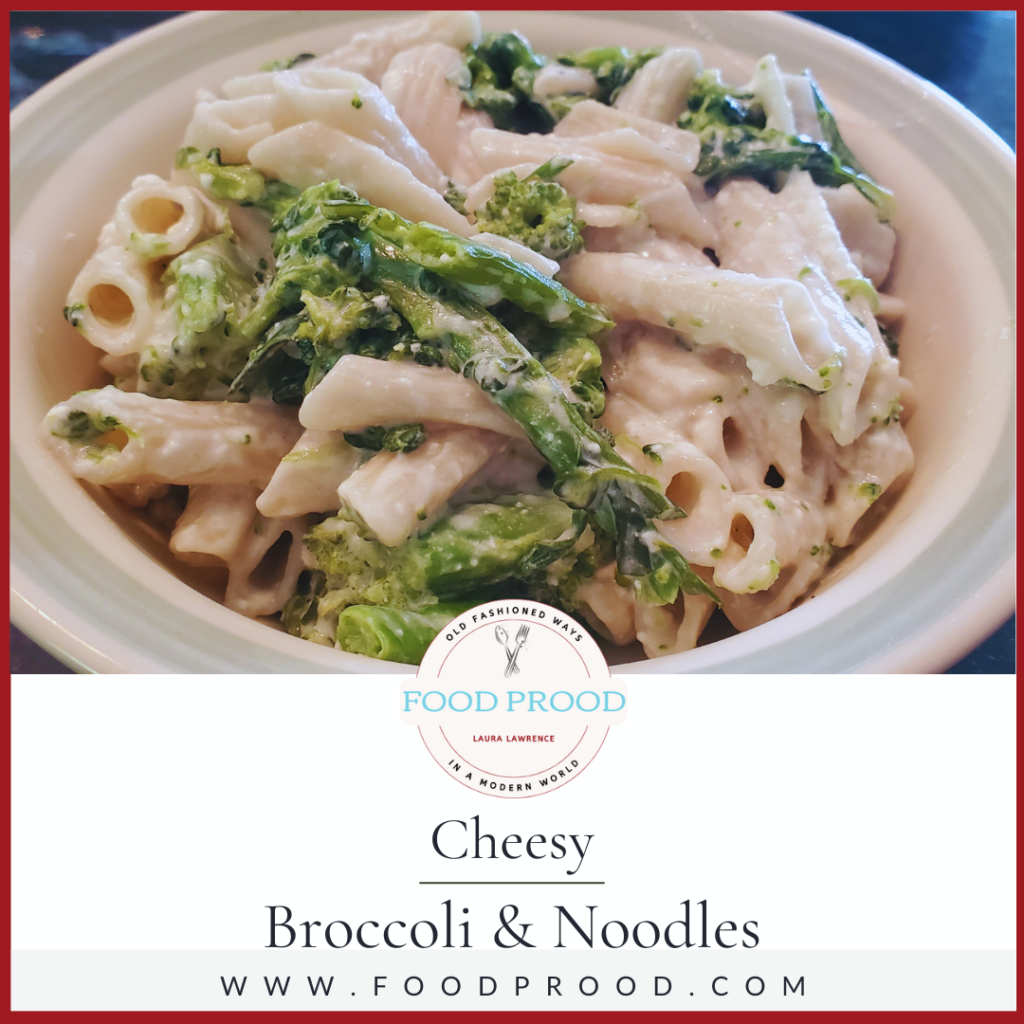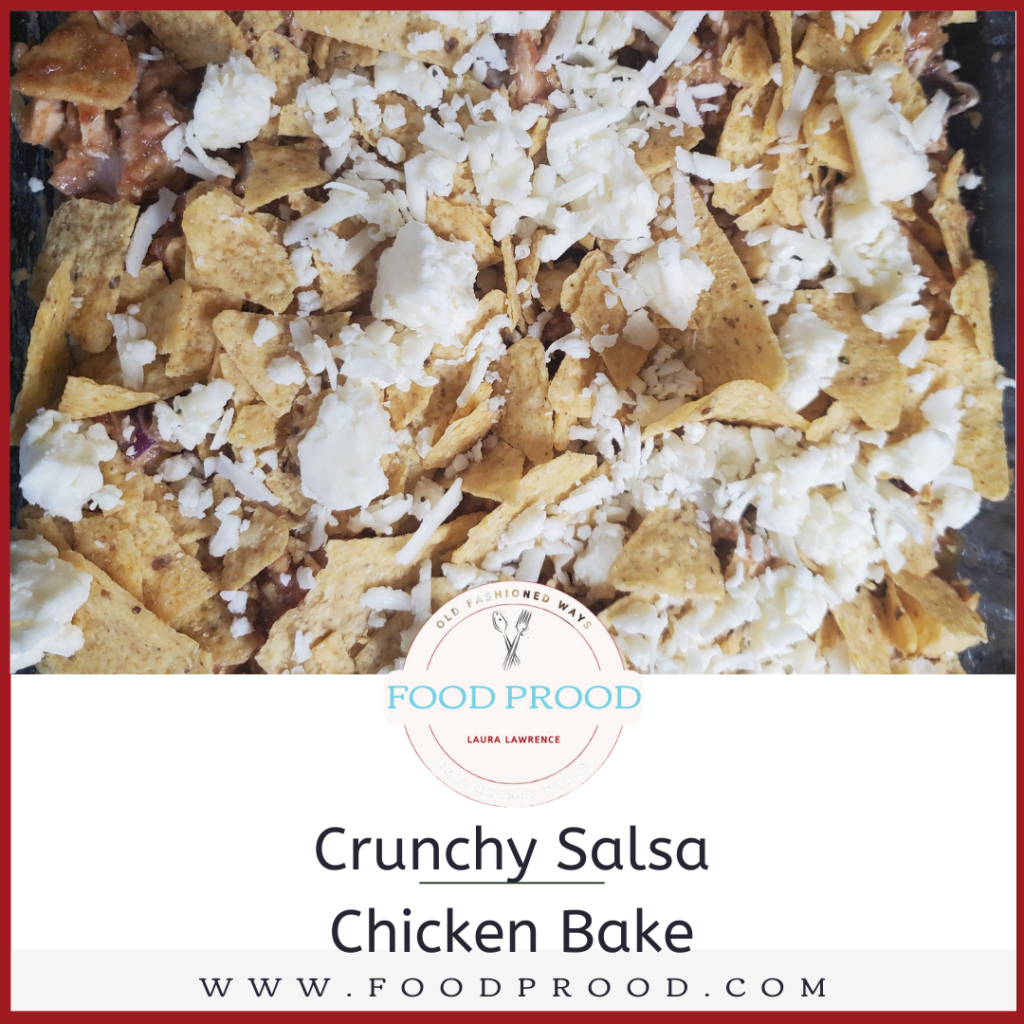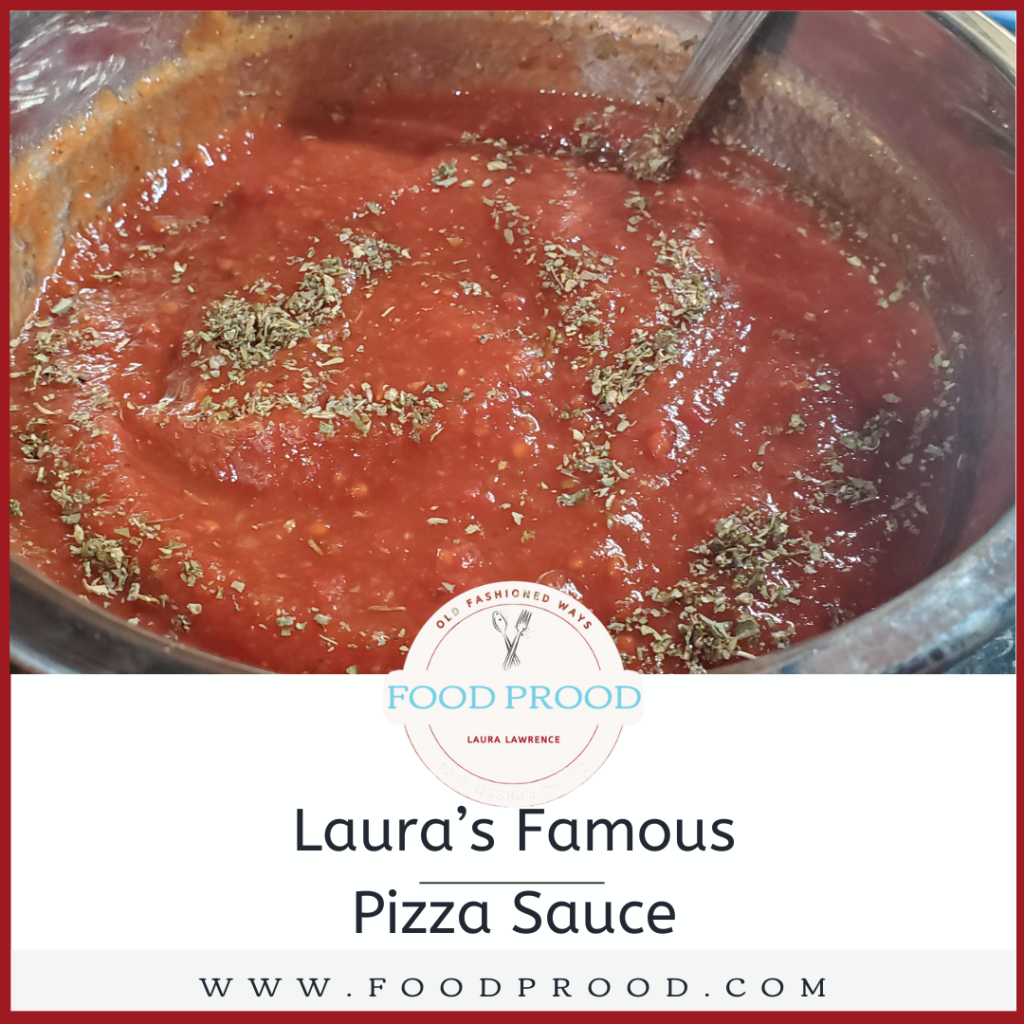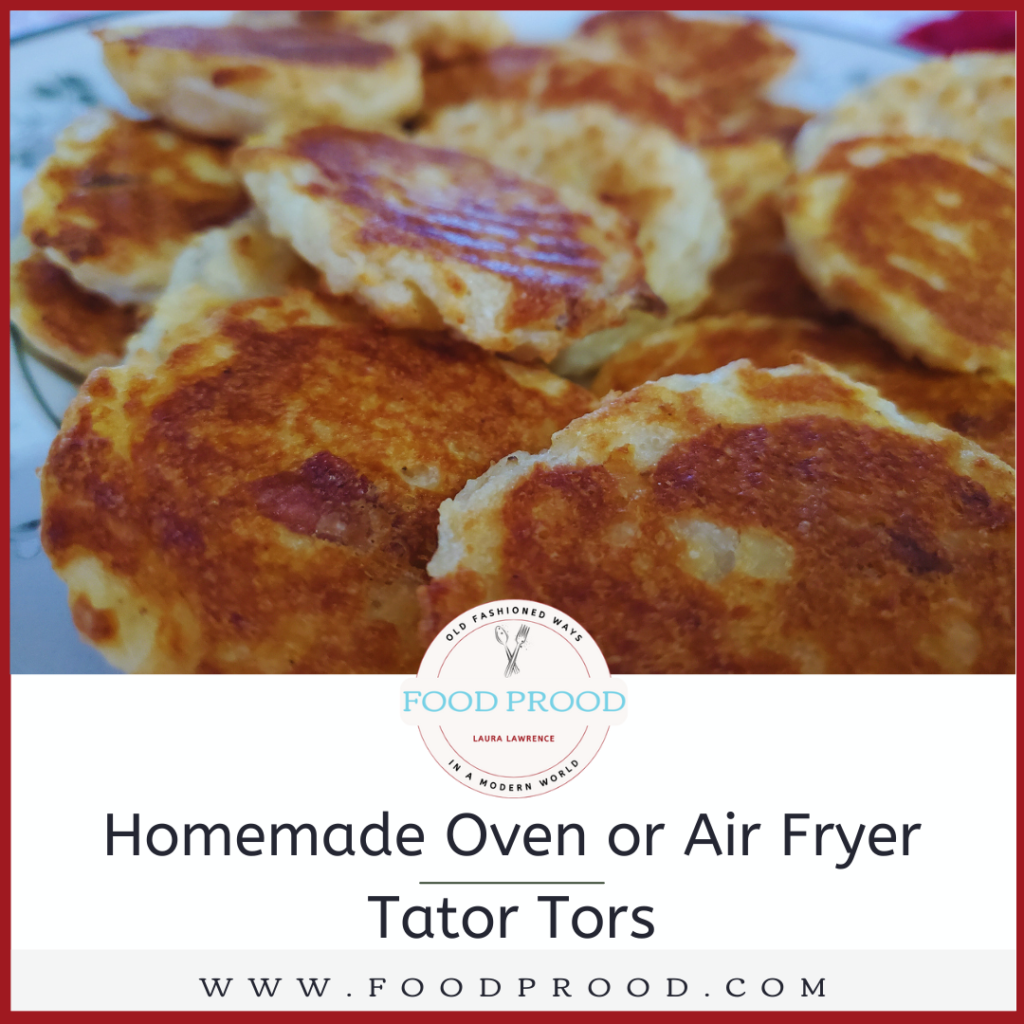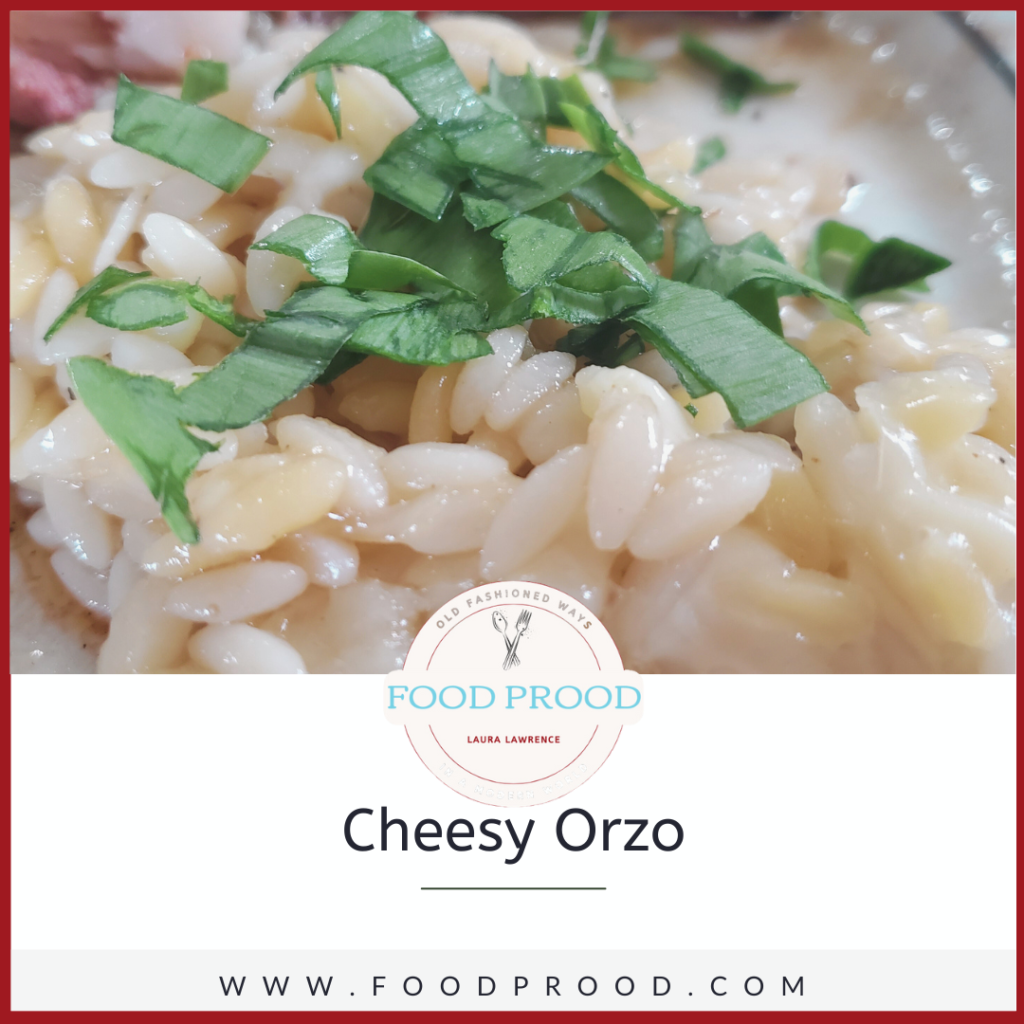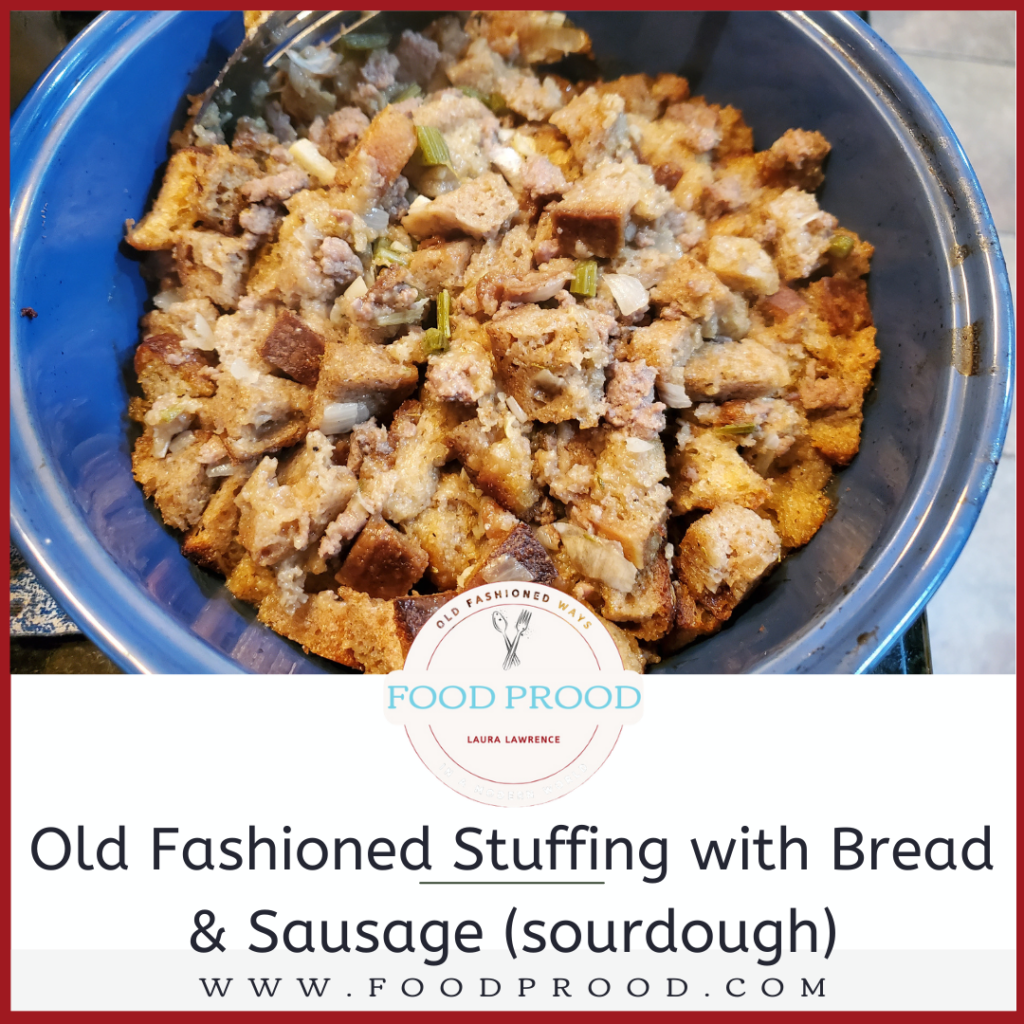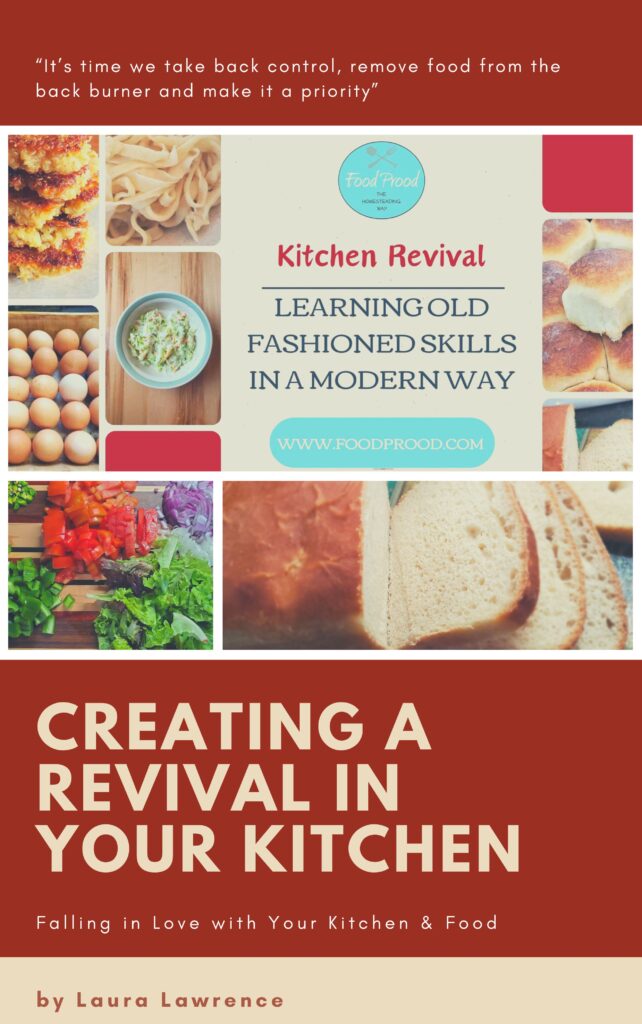Chicken & The Egg – It’s Time for YOU to Take Control

Build a Coop and the Chickens Will Come
Intro – Labels – Recipes – Raising baby chicks – Now What? All Below ⬇️
Back in the day everyone had chickens for eggs and meat, today it has drastically decreased. That’s unfortunate because EGGS are a superfood!! According to Dr. Mercola “Eggs are considered one of the world’s most perfect foods, but became a target based on the faulty premise of the medical establishment that eating too many yolks would drive up cholesterol” – DEVIOUS companies that wanna make a lot of moolah. He believes egg yolks are one of the two most nutrient-dense foods in existence. The other is organ meats.
- Choline is a crucial nutrient for healthy fetal development and the function of your brain, nervous system, mitochondria and cardiovascular system. It also plays a role in metabolism and DNA synthesis
- According to recent research, eggs, which are rich in choline, have anti-inflammatory activity and can be particularly useful in those with insulin resistance and/or metabolic syndrome
Organically raised, pasture raised eggs are high in nutrients and so much more. There’s a long story that I need to eventually talk & explain – I was a vegetarian for many years a HUGE amount of the reason was the treatment of animals. It’s absolutely horrendous which I personally do not want to relive my research that I did years ago. Now we raise all of our own meat, eggs, etc with sunshine, love, land, organic feed – I am no longer a vegetarian because of that.
I HIGHLY suggest seeing what you can do to raise your own chickens for eggs. See below on how to start.
Fancy Labels found on Chicken Egg Containers- What a load of POO!
Cage Free – Well they sort of are, it’s a mis conception. Technically they are “cage free“, however they are still indoors with very minimal amount of room to roam around often in crowded areas with an overload of poo.
Free Range – Oh boy this is a doozy. “The free-range label guarantees that hens have access to an outdoor area, but still does not mean that the area is large and the hens won’t be overcrowded,” Still an overload of poo.
Farm Fresh – Here we go! “All eggs come from “farms,” even if the farm is a big building where chickens are packed into cages, so this labeling claim has no value. The term “fresh” generally means the product hasn’t been frozen, but eggs in the shell should never be frozen.”
Natural: People often mistake “natural” for “organic,” but the two terms are very different. By definition, an egg is a natural food product, so slapping “natural” on it has no clearly defined additional meaning.
Organic: This seal means eggs were laid by hens fed grains grown without synthetic pesticides or GMOs. The birds cannot be raised in cages or given antibiotics. They must have outdoor access, though in some cases this can still mean confined conditions in a building with just a small concrete porch. These hens also tend to get more exercise and eat natural grasses and insects, leading to an increase in both the Vitamin A and E content in the eggs.
Vegetarian-Fed – “Vegetarian-fed means that no animal by-products went into the hens’ feed, though, she points out, “Some hens might still naturally eat insects here and there.” This is the biggest hog wash of them all. They are designed to pick and hunt… guess what? Insects & bugs, so I guess it depends on what your definition of “vegetarian” is. I’m sure that just made some people mad.
Certified Humane – “Birds are kept uncaged inside large barns or warehouses, but may be kept indoors at all times. They must be able to perform natural behaviors such as nesting, perching, dust bathing, and preening. There are requirements for stocking density and number of perches and nesting
boxes. Forced molting is not allowed, but debeaking is. This label has to do with how the birds were raised not on the nutritional value of the eggs.”
Egg Recipes
Raising Your Own Egg Layers In Your Backyard

This information is taken from my “Rasing meat birds in your backyard” however the process for starting is the same.
Welcome to your guide to Raising Poultry (Meat Birds & Egg Layers) in YOUR Backyard!! We’ll be kicking off this series with an introduction video which you will find below. Raising your own poultry for meat is an exciting endeavor, fulfilling and a great way to know how your food is being handled and fed. You get to choose how you want to raise your meat. This is one of the important topics that we feel very strongly about- the treatment of animals. The other important topic is feeding them good feed! What they eat you eat, so keep that in mind. We purchase from a small family farm that is USDA certified organic.
Let’s Dive In!- Introduction Video
Where to start?
Start by purchasing
- Find a local source (within your state to minimize stress of shipping on the chicks)
- We suggest choosing Males instead of females or a straight run (mix of males/females) to ensure larger birds in your freezer
- We do not suggest getting the chicks vaccinated of the beaks trimmed – however please do your own research
- Order Jumbo Cornish Cross Rock – here in Michigan we purchase from Townline Hatchery
- As a family of 5 with smaller children we would plan on 1 chicken a week, as the kids are growing we are increasing to 3 chickens per week. Plan on purchasing a few extra as there’s always a percentage that will not make it to the butchering process. The amount will depend on what other types of meat you are raising and or purchasing.
What do you need for the Baby Chicks?
Tour my Brooder Setup Below
- Heat lamps
- Red Bulbs
- Small waterers
- Small feeders
- Wood Chips
- Electrolytes <– homemade
- Chick Grit
- Starter Feed
You can buy these items online or from a local farm store such as Tractor Supply, the above links are for Amazon through my affiliate links- the specific ones I have not used personally as ours are pretty old.
How much food do you need?
We suggest planning on 15 pounds total (between the starter & grower feed) to raise the meat bird to 8 weeks old. We recommend having extra on hand just in case. You will feed the birds for 4 weeks of the Starter and the remaining 4 weeks Grower Feed.
What do you do when they arrive?
- Prior to when they arrive have everything setup and ready to go. A clean coop with plenty of wood shavings (we use pine shaving from Tractor Supply)
- Heat lamps plugged in with red bulbs securely fastened about a foot off the ground
- Electrolytes ready
- All the above supplies ready to go
The morning of:
Ours ship via the USPS postal service and they will call you early in the morning to let you know that you need to go and pick up the baby chicks. They will be chirping very loudly in the background, it’s kinda funny.
Plug in the heat lamps and fill the waterers and add in the appropriate amount of Homemade Electrolytes (or purchase)
Unbox the baby chicks and do a quick count, they generally add in a few extra as some are weak and will not make it
Give them ONLY WATER for the first several hours in order to calm down and not over eat
After a few hours you can introduce your Starter feed, you will keep their food topped off for the first 2 weeks of age. After they are two weeks old you will then move them to a feeding system of 12 hours on 12 hours off. This way this helps them not over eat and grow to fast
I suggest adding in a shovel full of dirt and grass. This is a great way to keep them healthy by letting them pick at the grass and dirt by eating the microorganisms and microbes that the soil offers plus it gives them something to do!
After a day or two you can start to give them some Chick Grit sprinkled on top of their food, or placed in a tray for free choice.
Maintaining Your Chickens
In this video we’ll do a quick video of the baby chicks at about two weeks old. You’ll start seeing their feathers change from the soft yellow feathers to more coarse white feathers, once they change most of their feathers and the weather is nicer out you’ll no longer need the heat lamps and you’ll be able to move them outside. Which is exciting because no more cleaning the coop! You’ll be able to move them onto grass where they’ll be able to eat bugs, grass and grab more microbes from the soil.
Moving Them Outside

Time to move the meat birds outside! We love using the chicken tractors to help move them around to fresh grass daily. We generally move them into the tractors at around 2 weeks old and we’ll move them once a day. As time goes on we move them more often per day, towards the end of their journey we’ll move them three times a day. This helps keep them clean as they poop a lot! It’s also helpful to have someone at the back of the tractor making some noise to help the chickens move towards the front, this helps them not get run over. This last batch did great every time we moved them and understood that new grass was on the way.
The grass really is greener on the other side!
Also check out how we hang everything inside the mobile chicken tractors which really helps when moving them. We also move them to nipple waters as they are also easier to fill, hang and then move daily. You can check this quick video out of the meat birds lining up to drink that fresh cold water. We use THESE red water nipples along with food grade buckets. We bought them from Amazon which has the instructions on how to drill the buckets and easily apply to create the hanging water buckets that work out really well. Chickens are attracted to the color red so it helps them find the water source more easily.
We’ll keep this process up until about 8 weeks old when they are ready to be processed.
Now What?
You can now use the chicken poo in your gardens, we like to call it liquid gold. Warning: Do not use directly on your plants it’ll burn them as their poo is high in nitrogen. You’ll want to pile it up let it sit a year or freeze depending on where your at and then MIX it in your dirt in your garden.
Make healing BONE Broth!
You can also easily cook whole chickens in the crockpot.

The uses are endless!
Sources: Delish What You Should Know About Those Labels On Your Egg Cartons
Consumer Reports Cage-Free vs. Free-Range—and Other Egg Cart Labels—Explained – Consumer Reports
Backyard Chickens A Guide To Understanding Egg Carton Labeling | BackYard Chickens – Learn How to Raise Chickens
Mercola eggs-are-good-for-your-cholesterol-pdf.pdf
Choline in Eggs Reduces Inflammation
